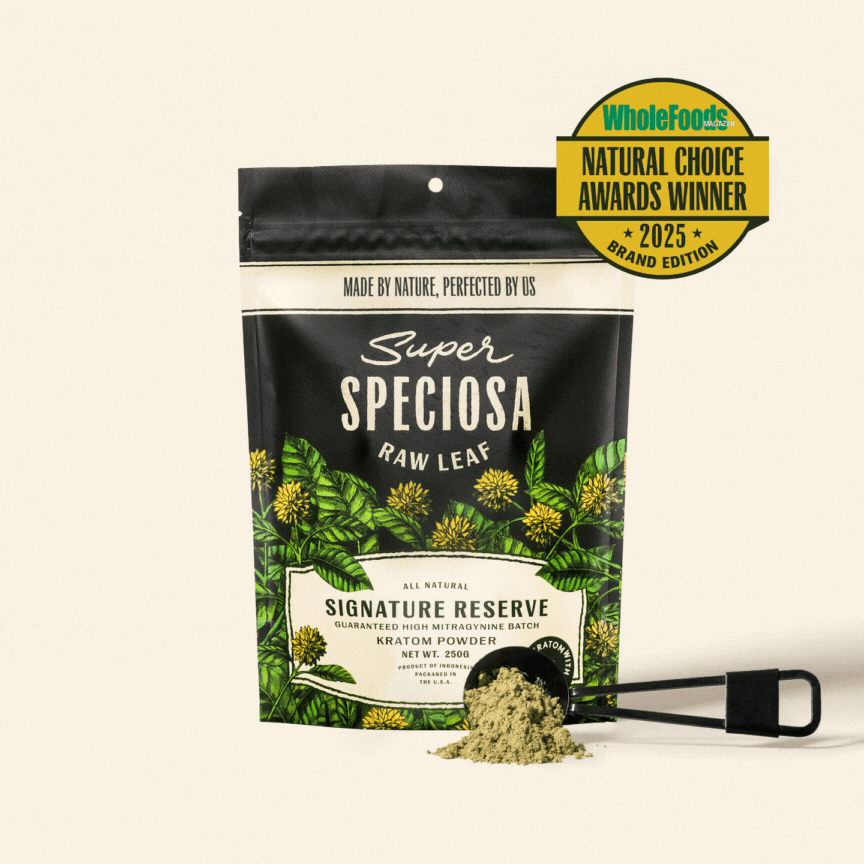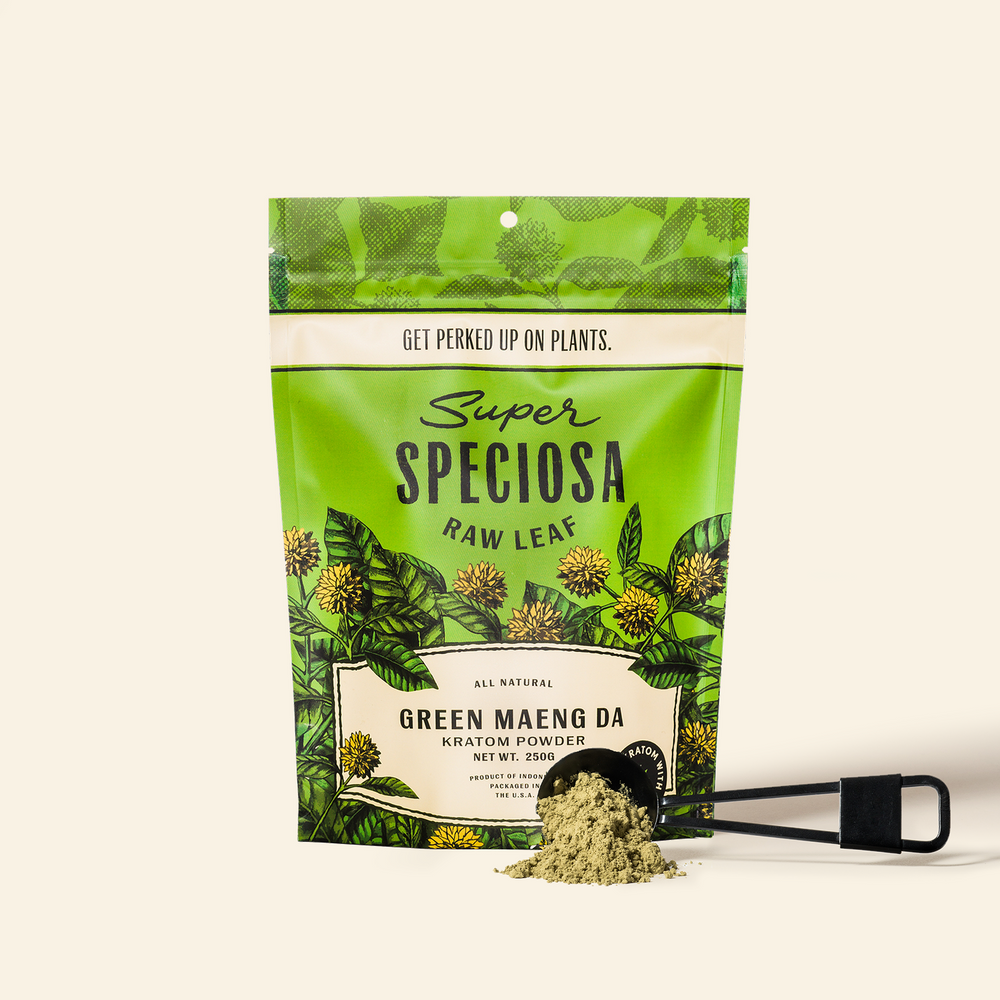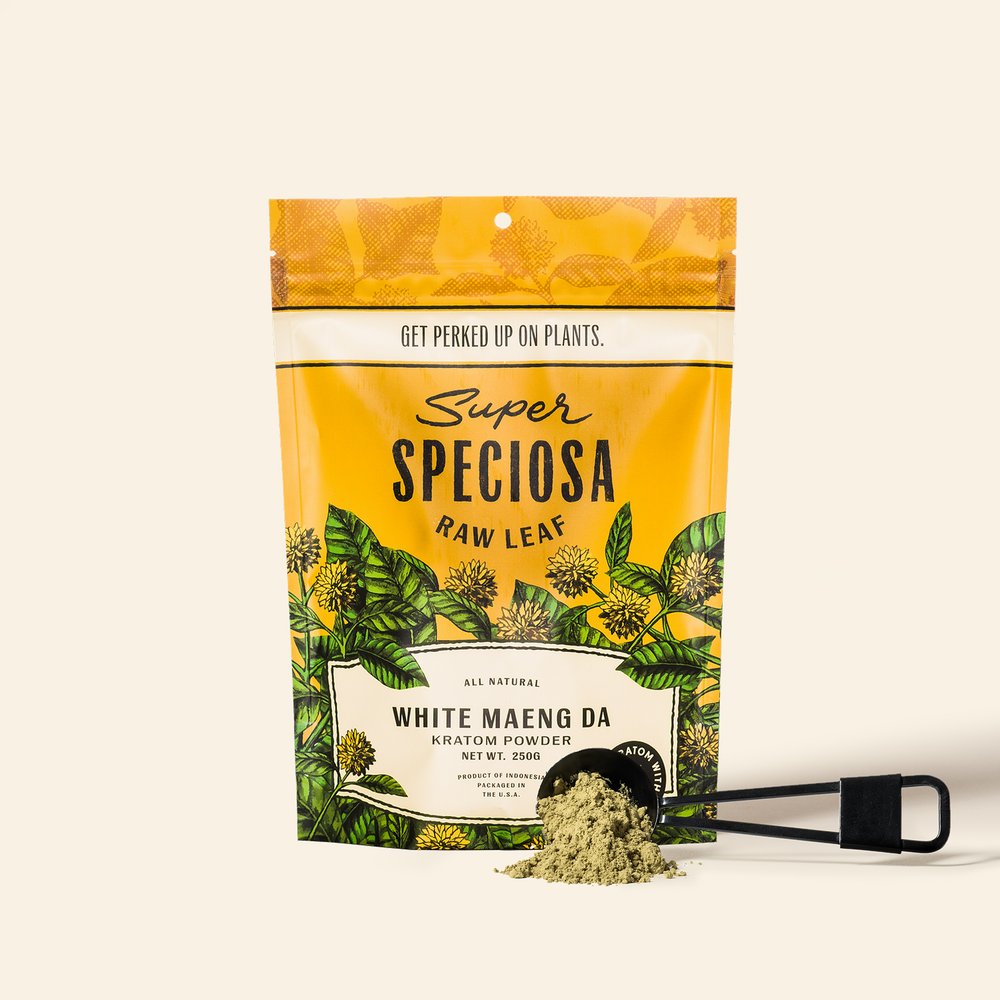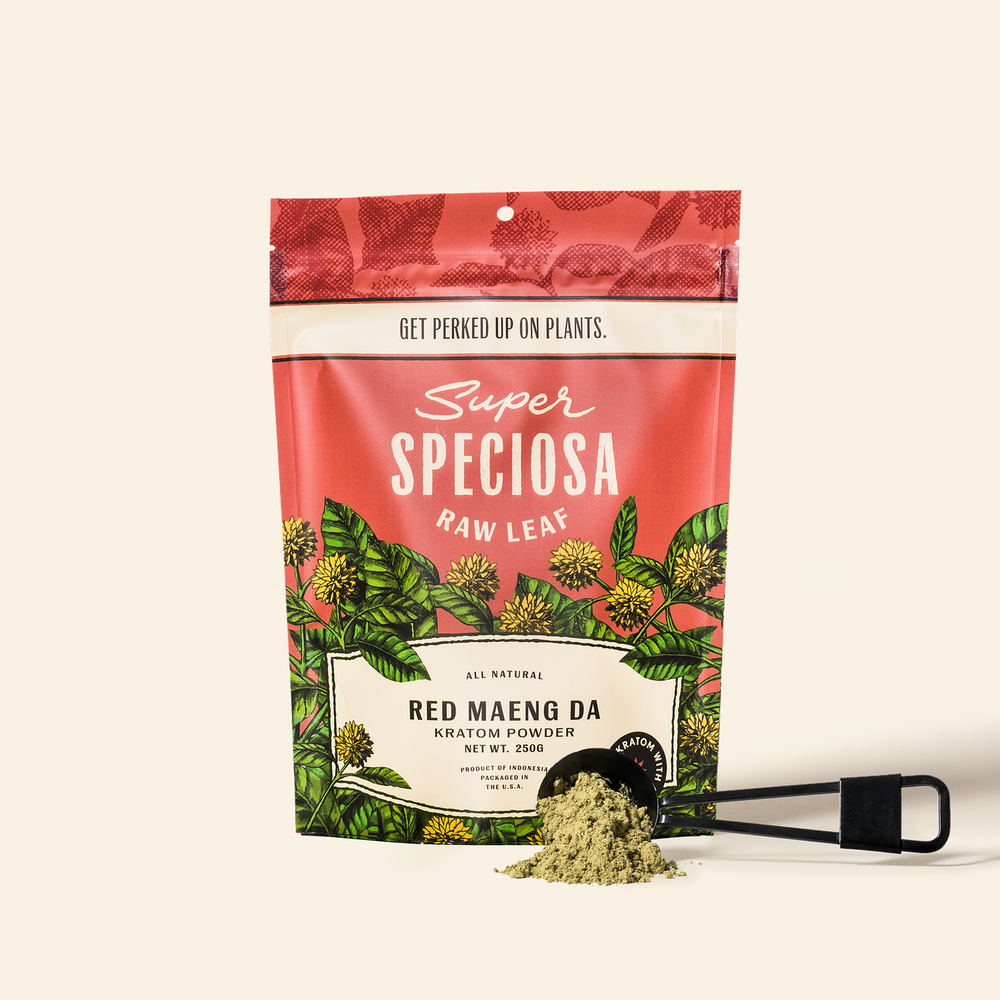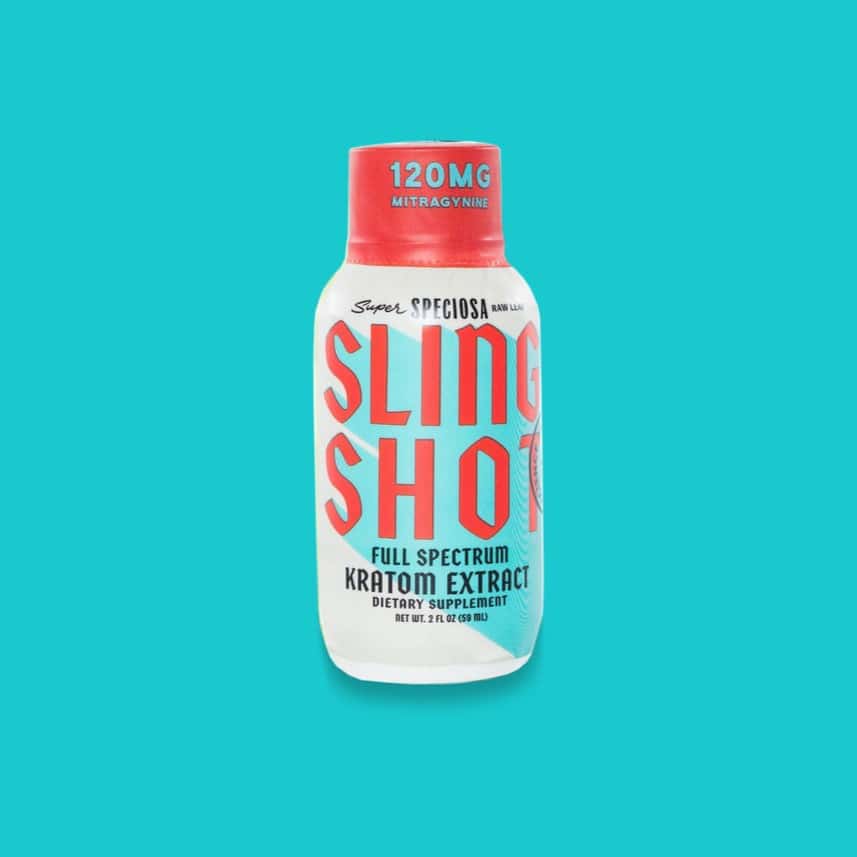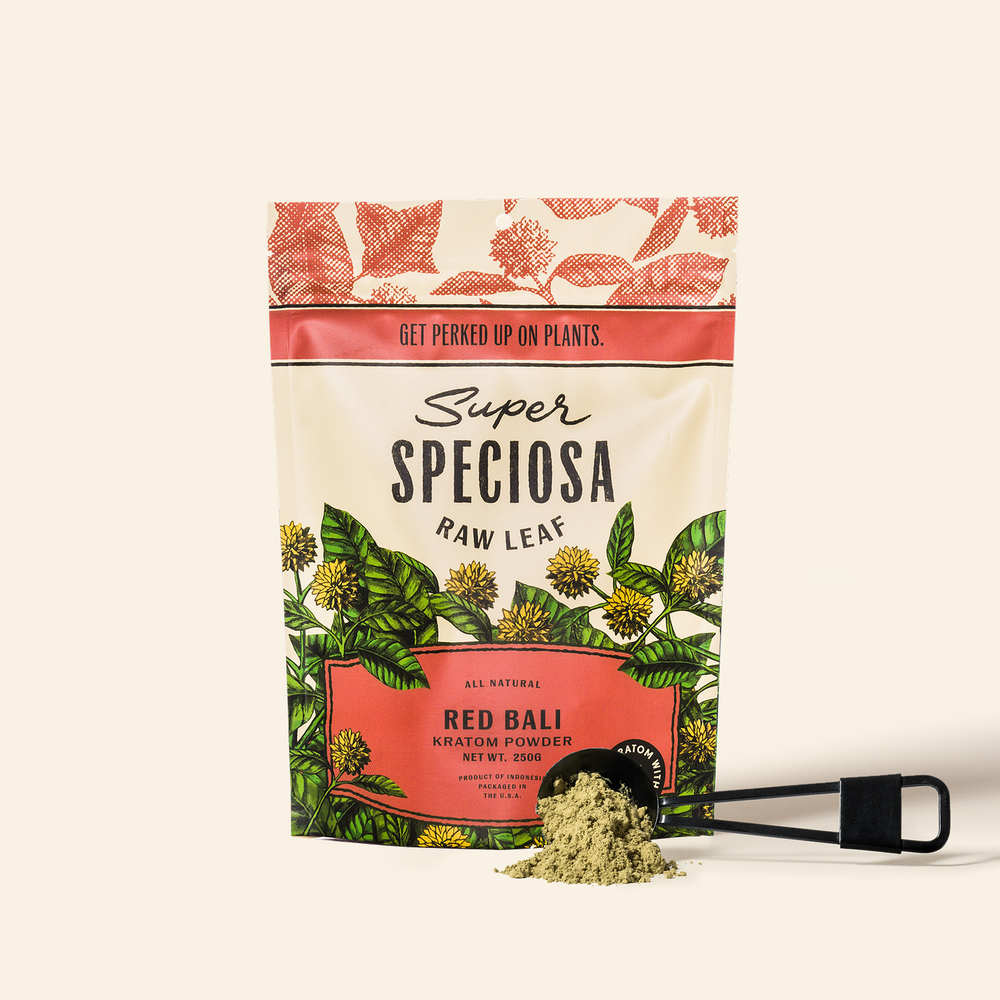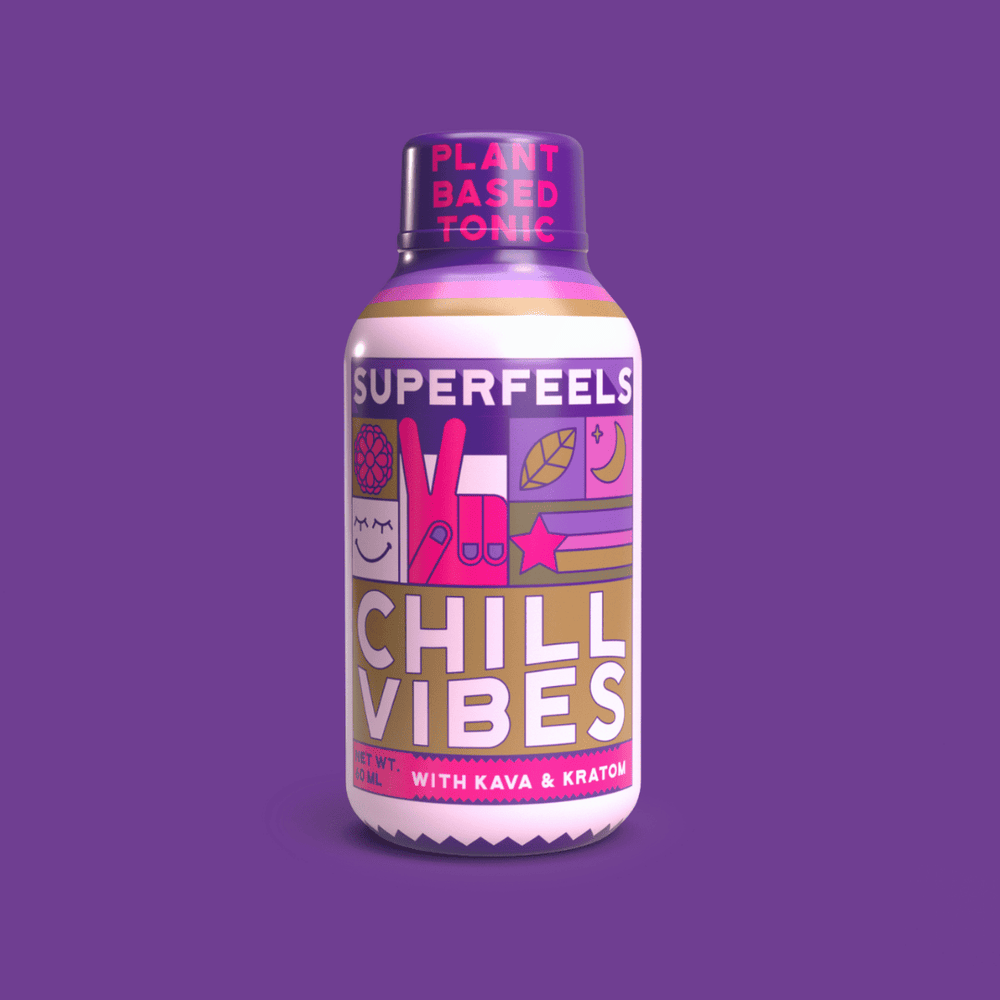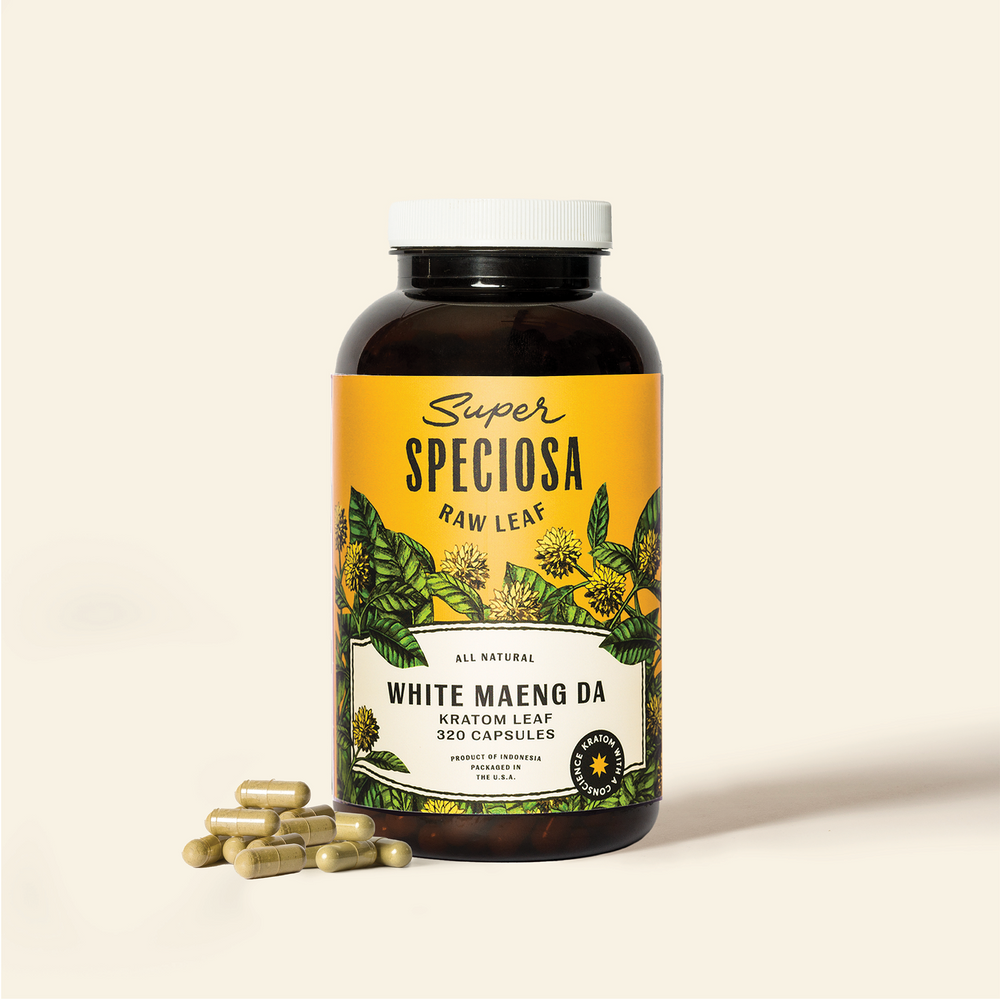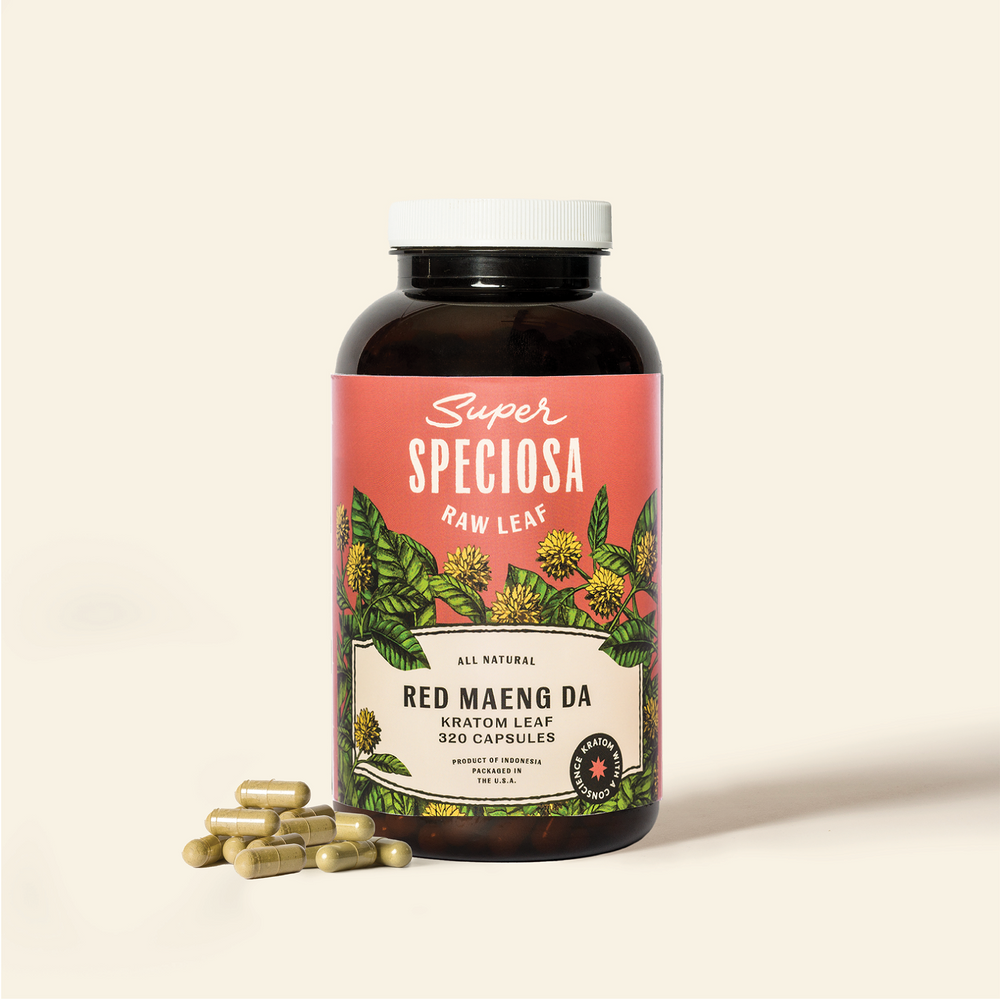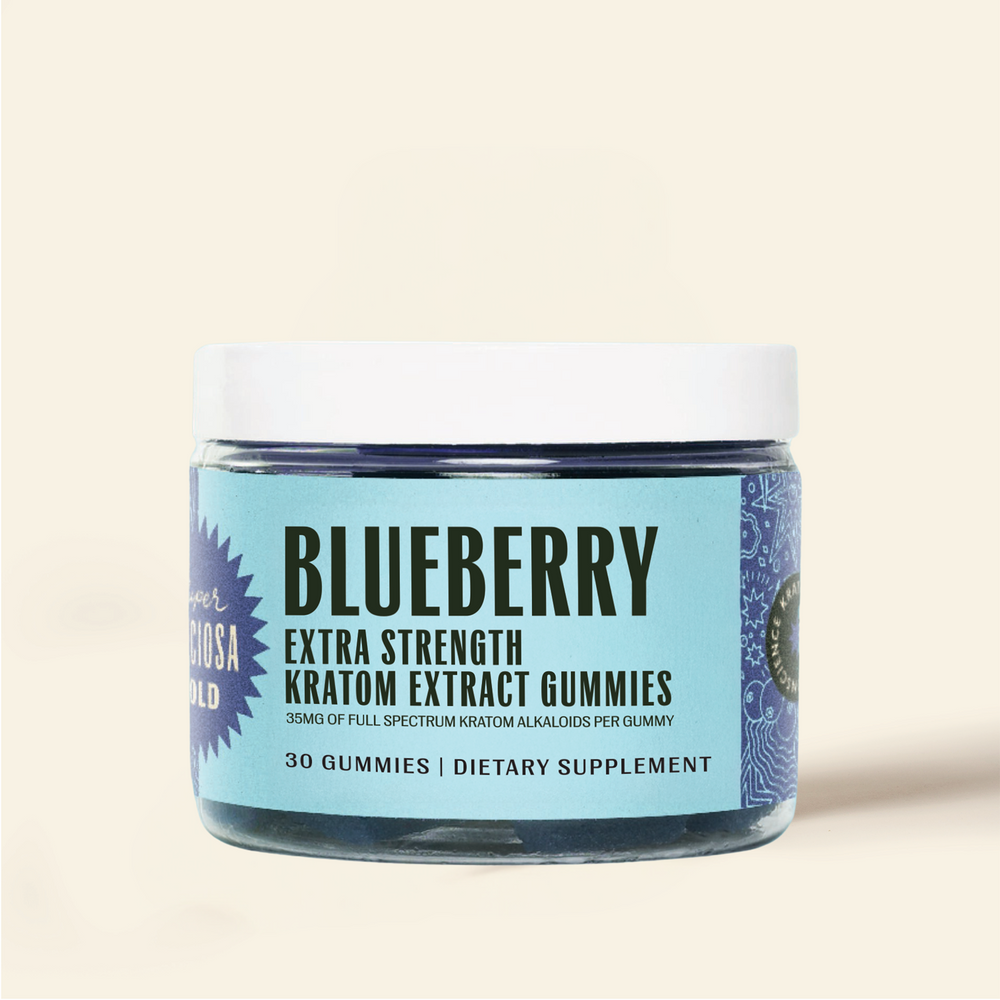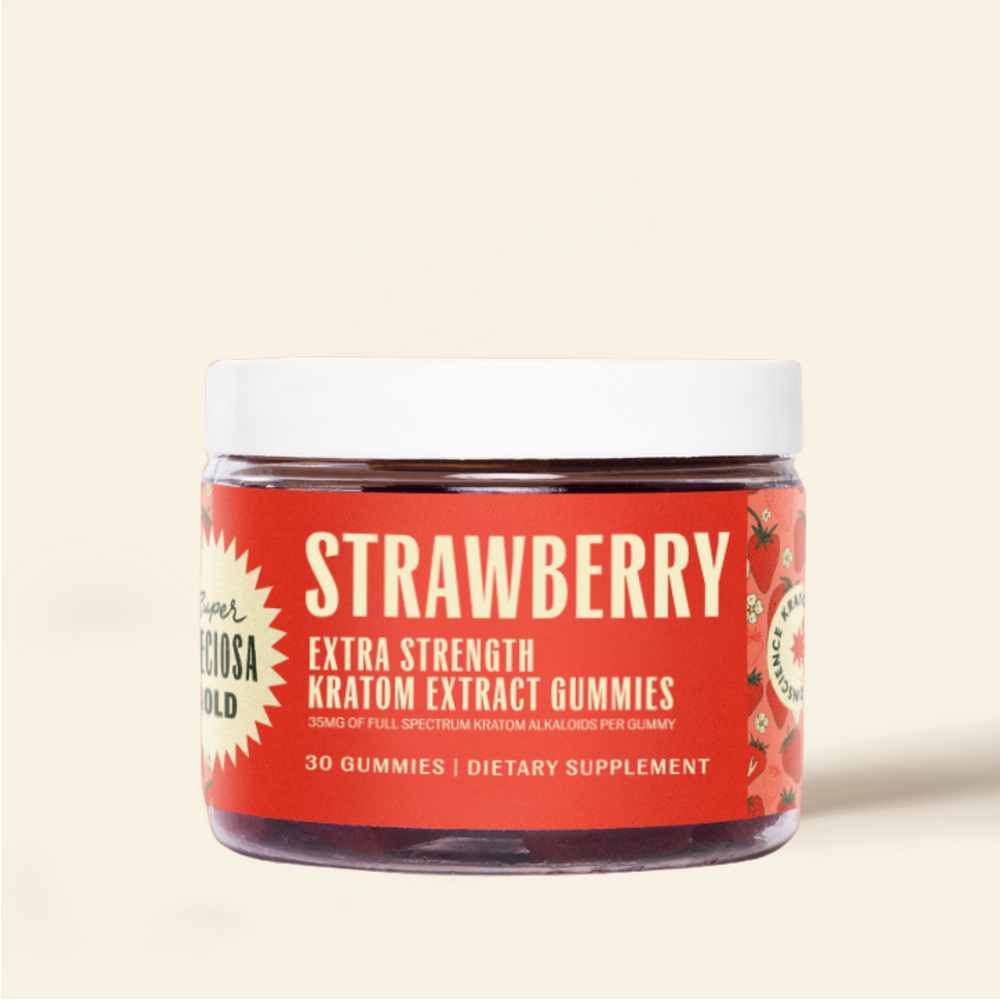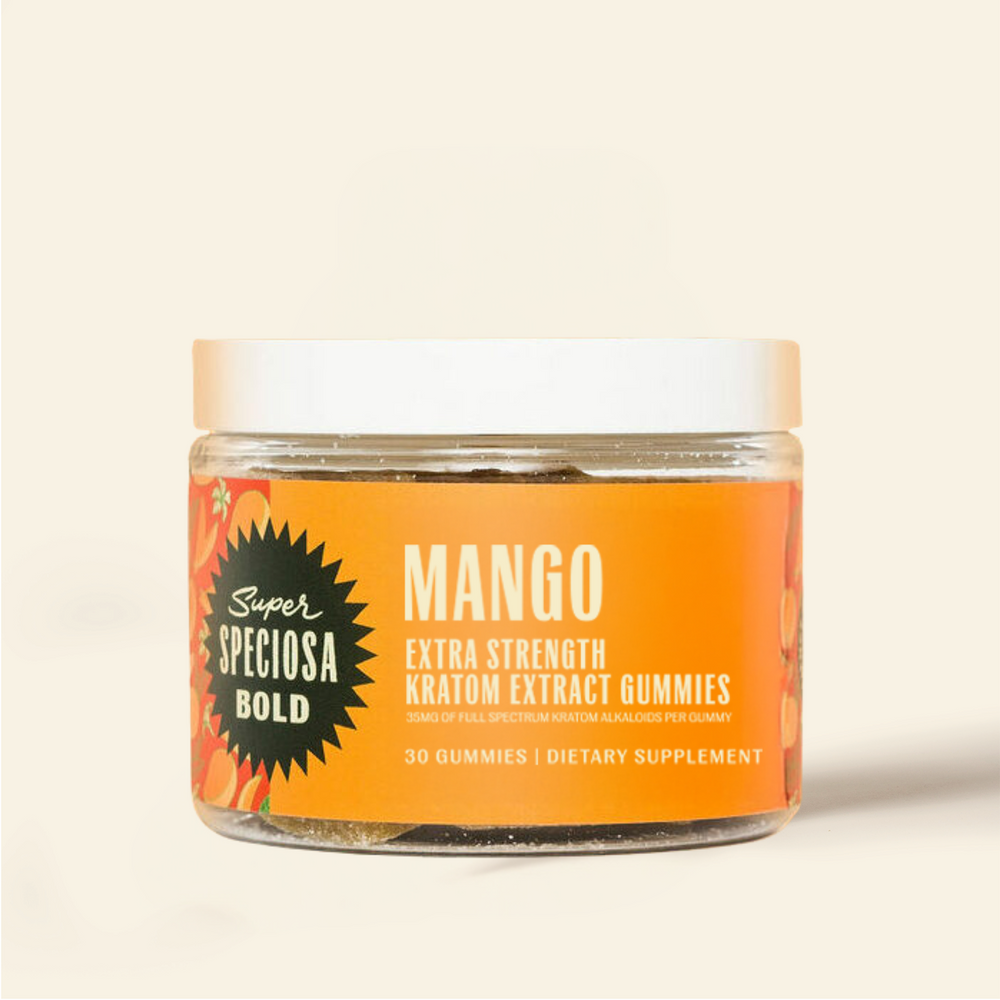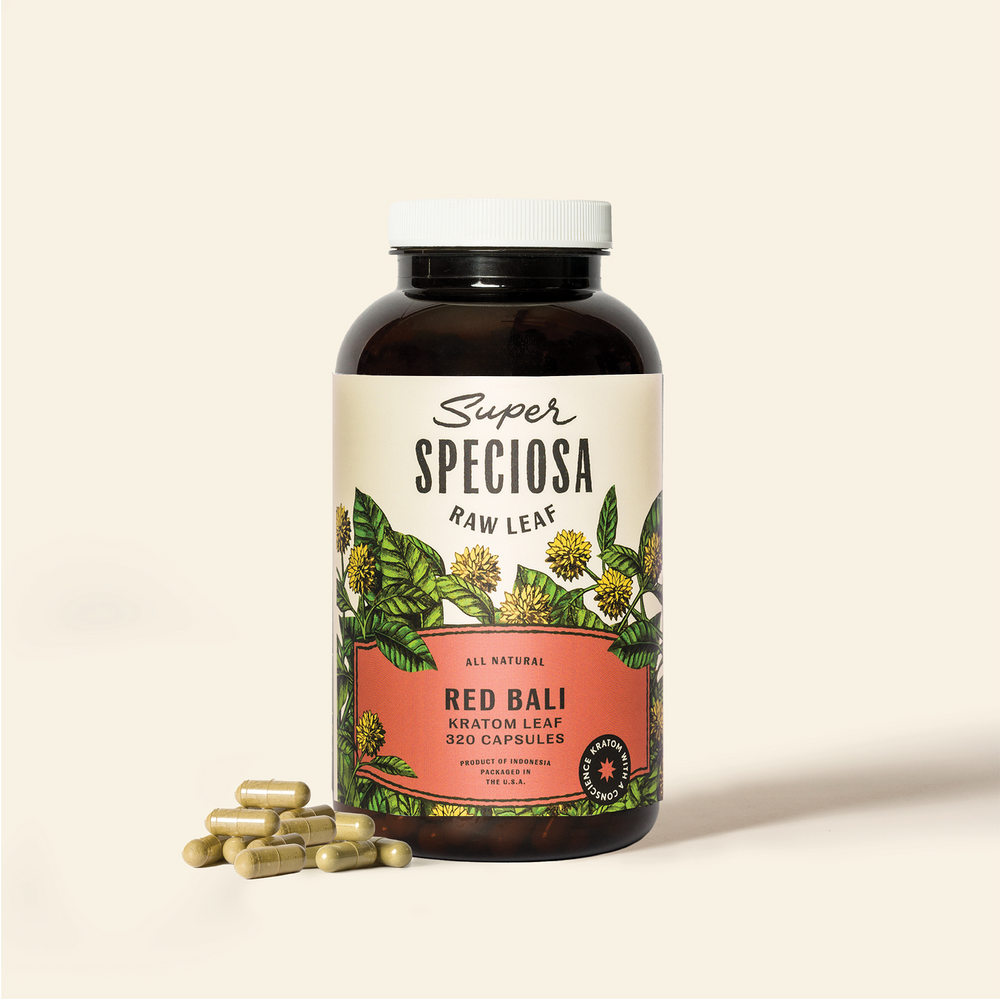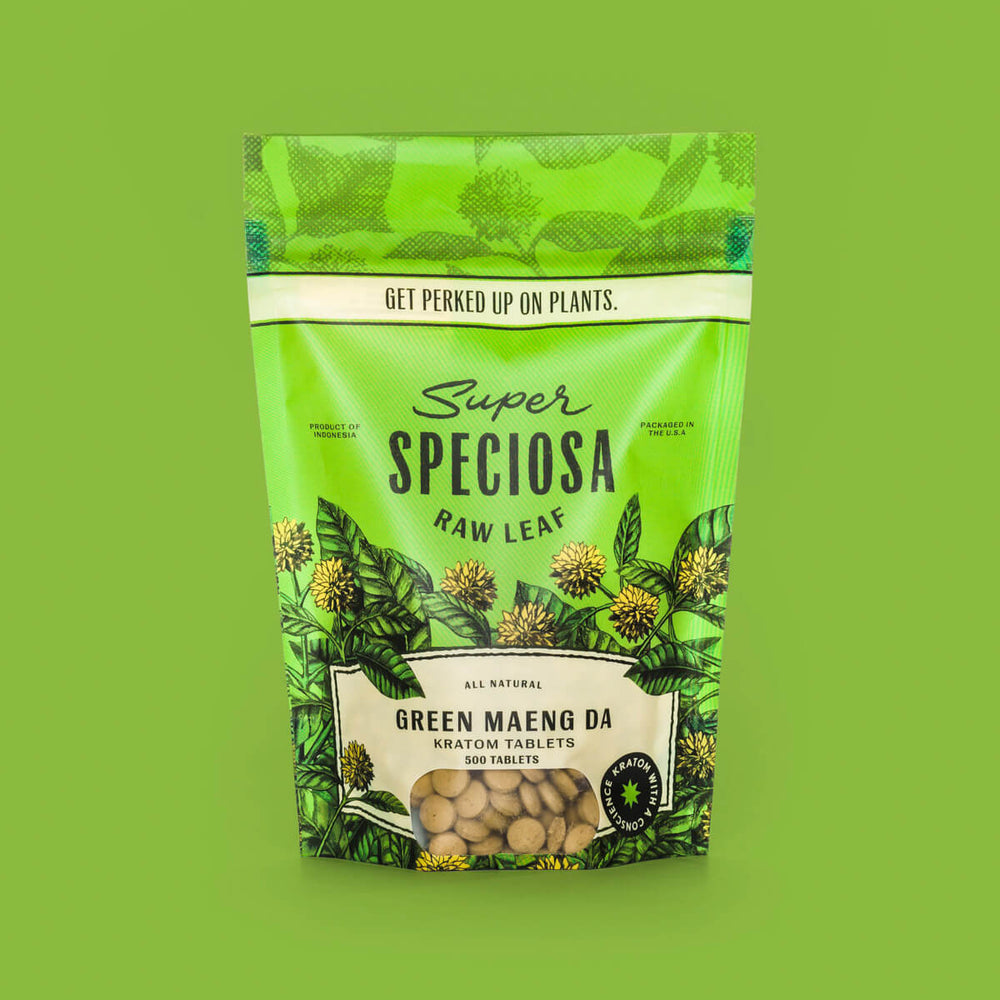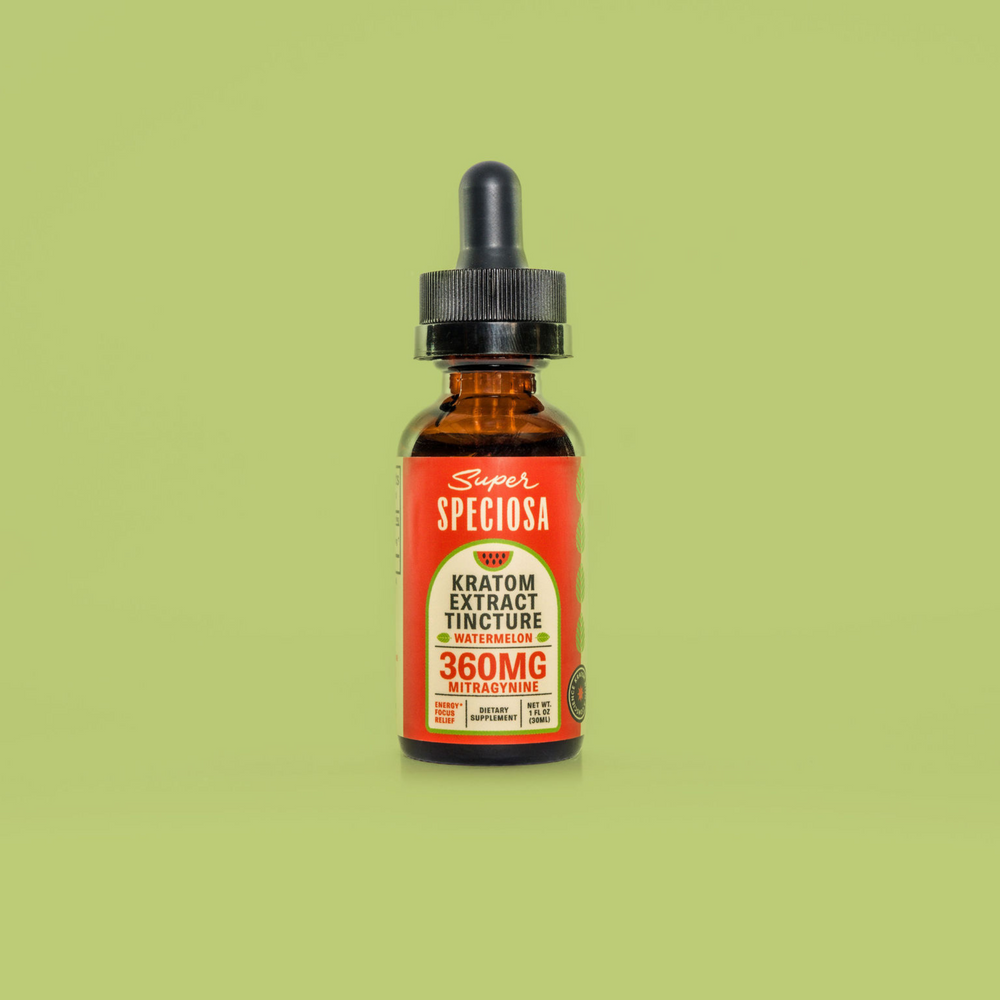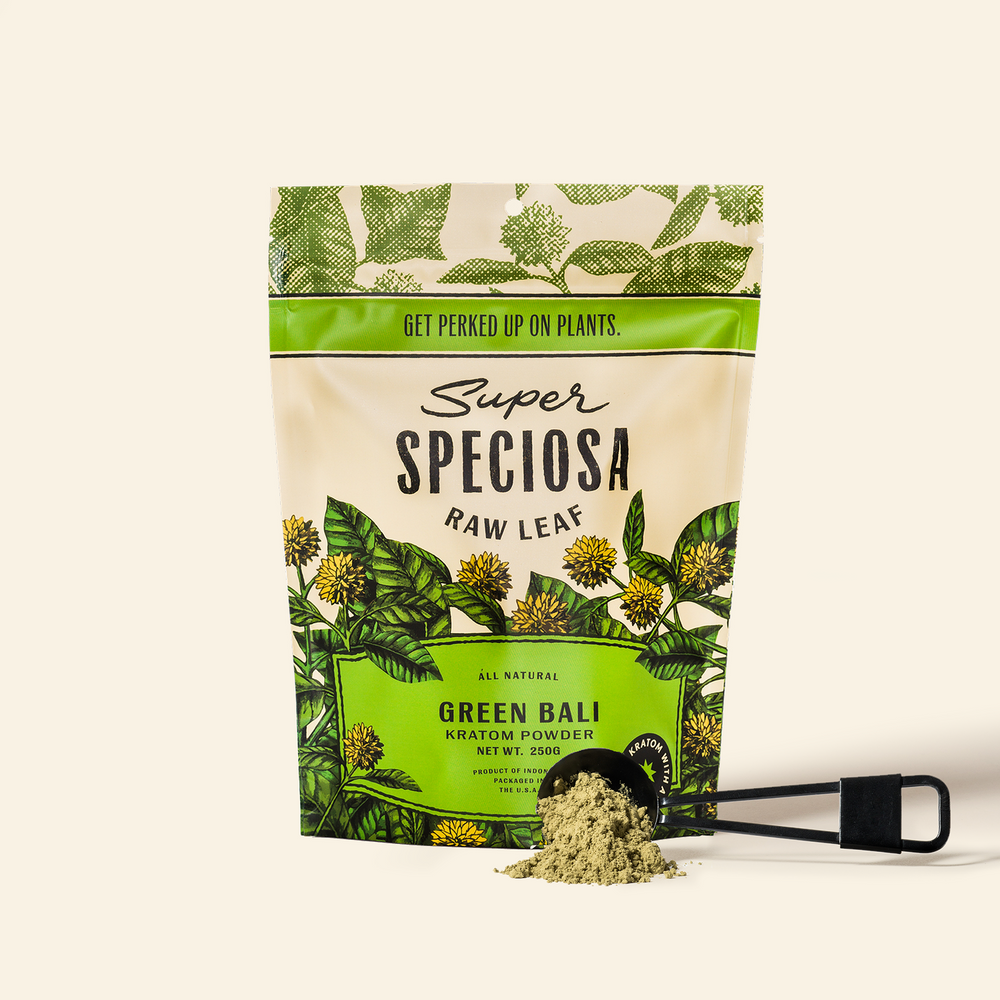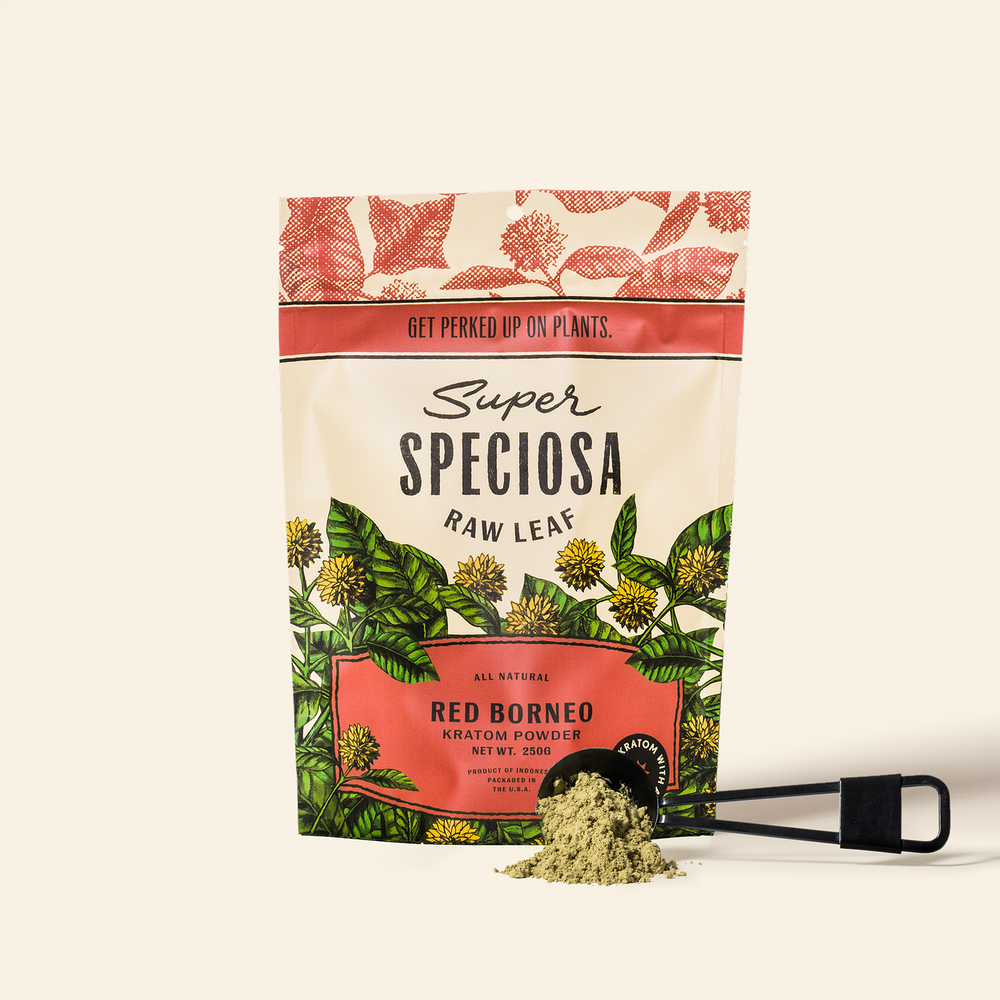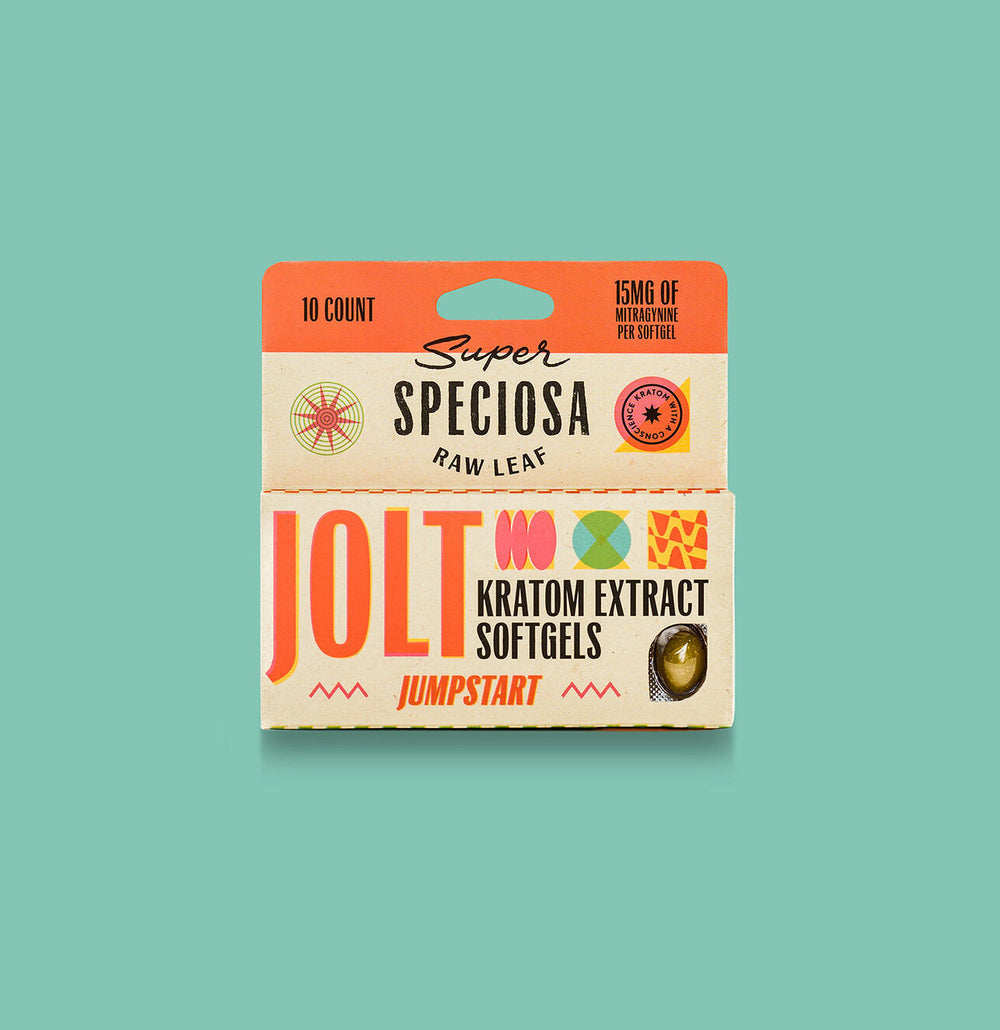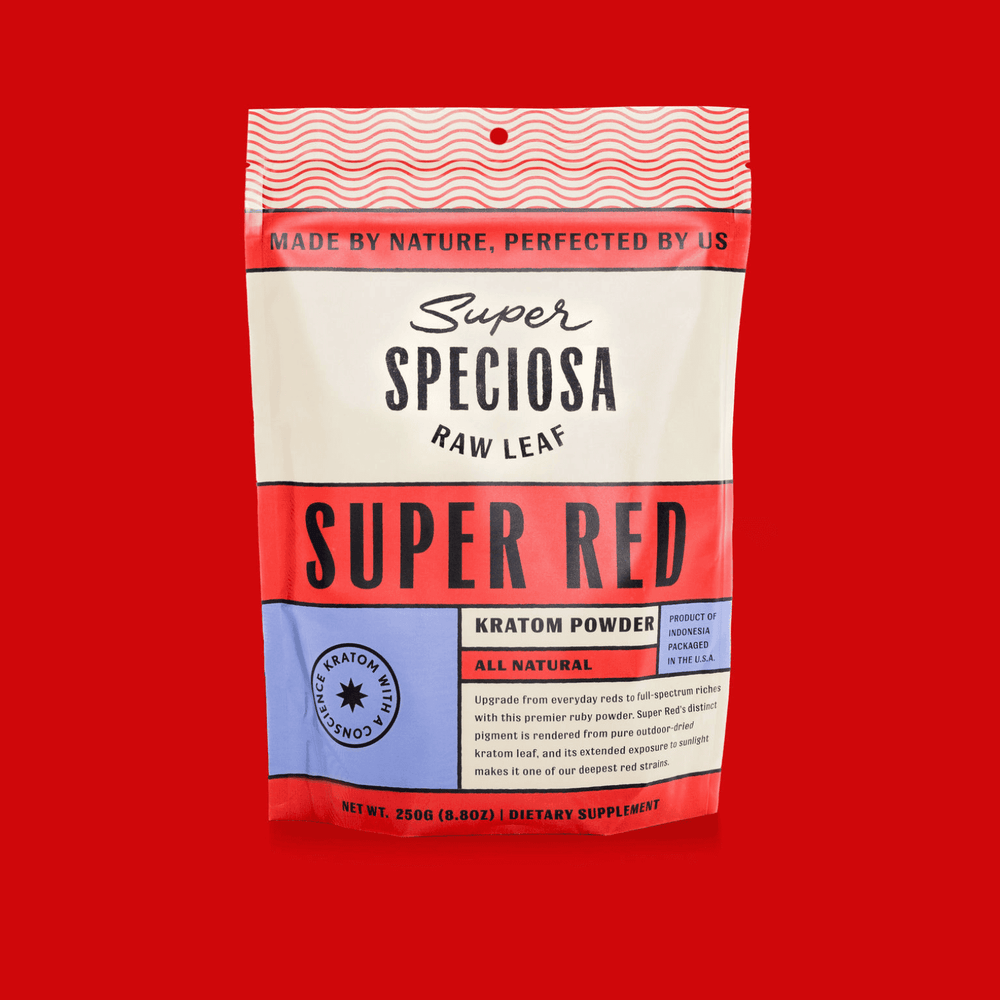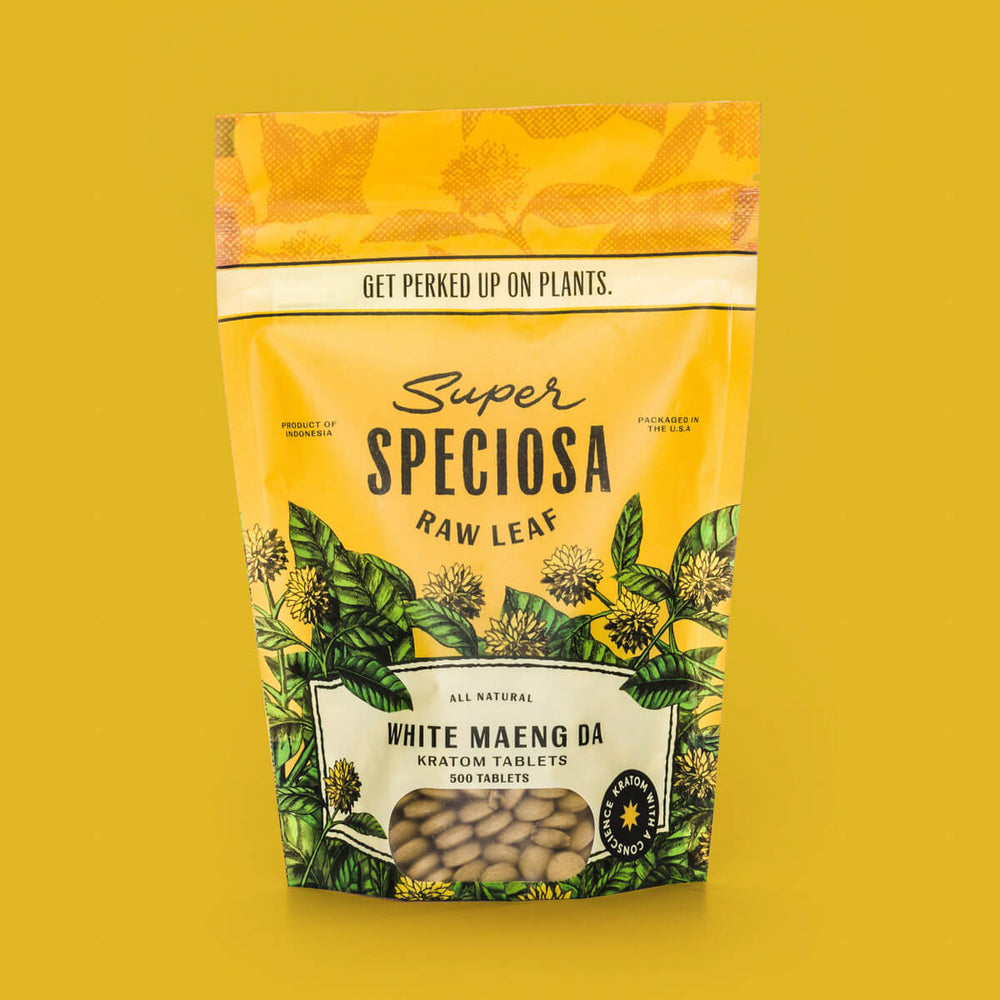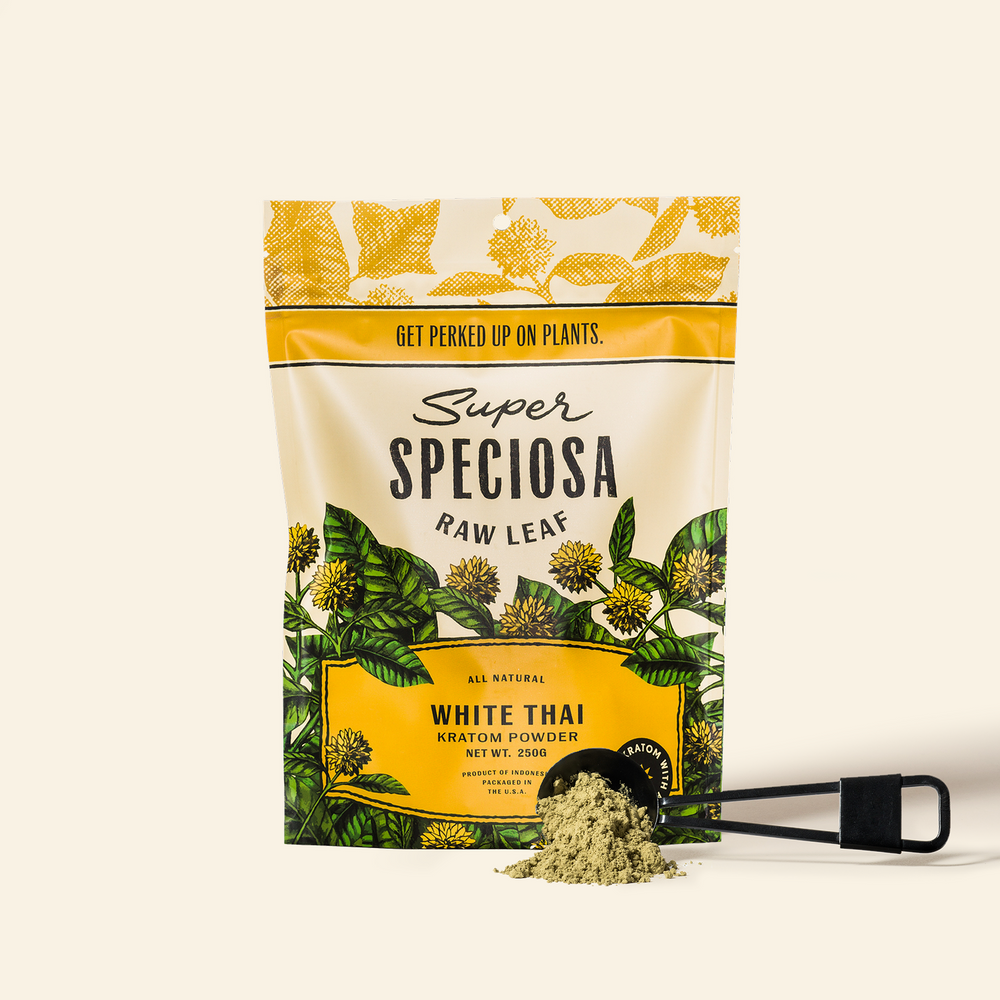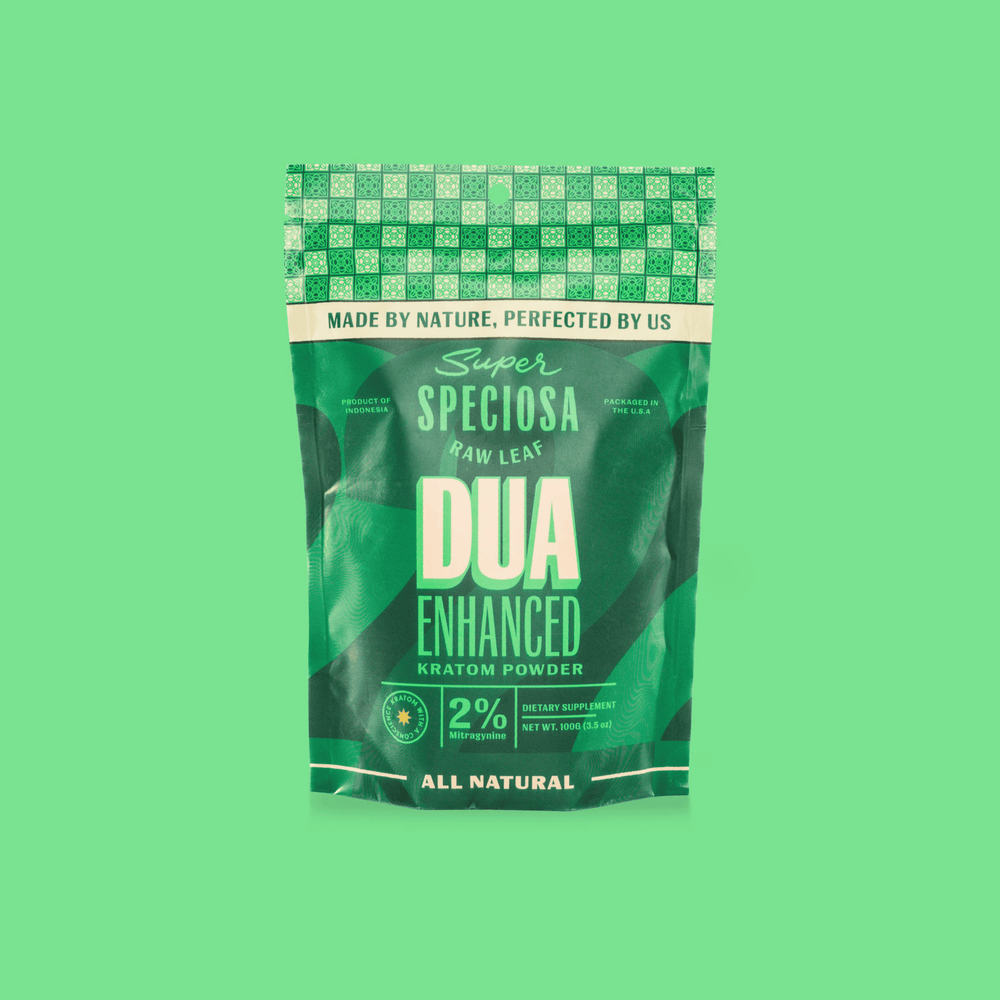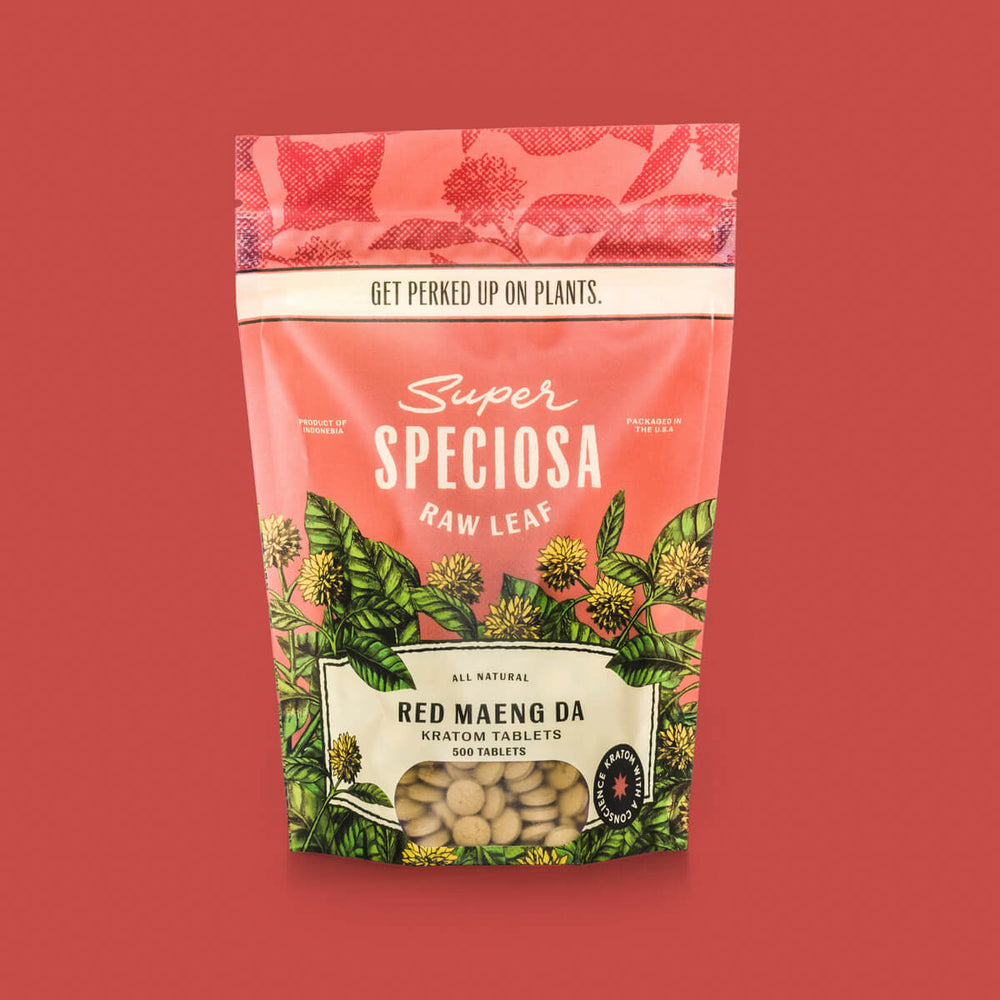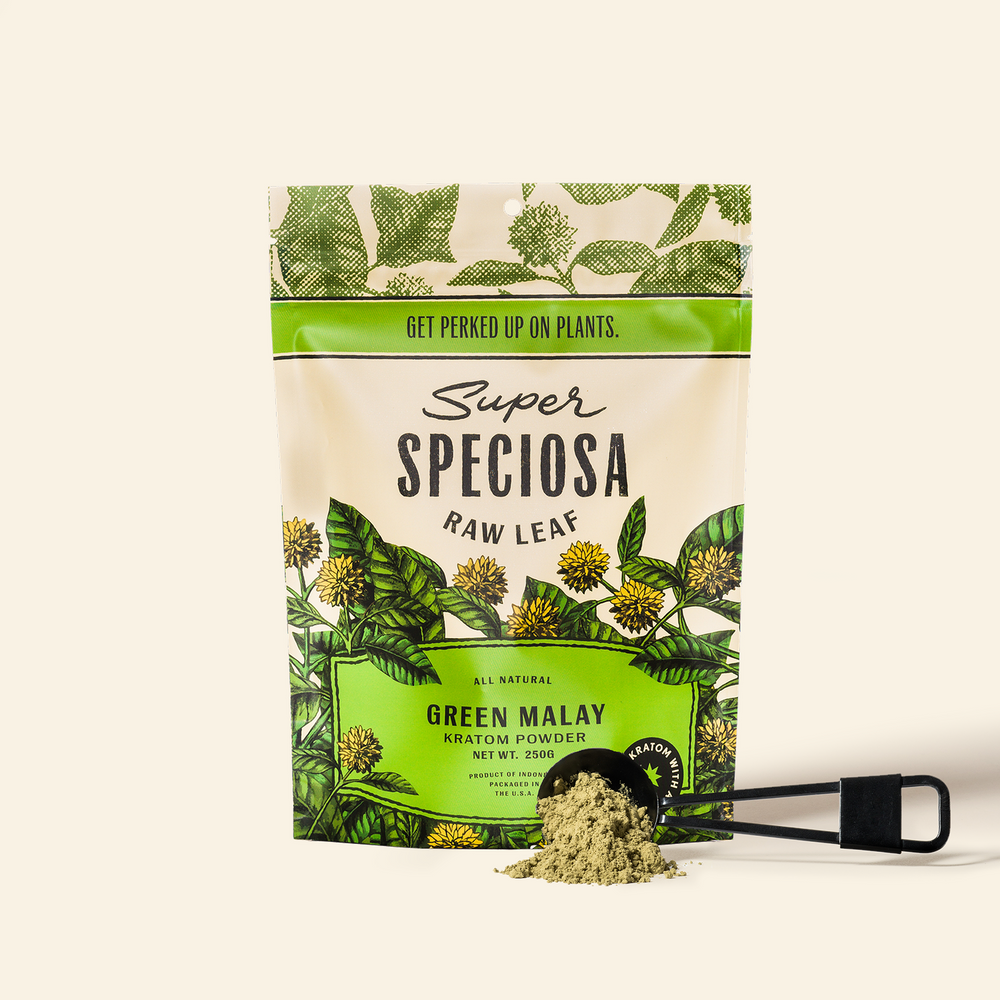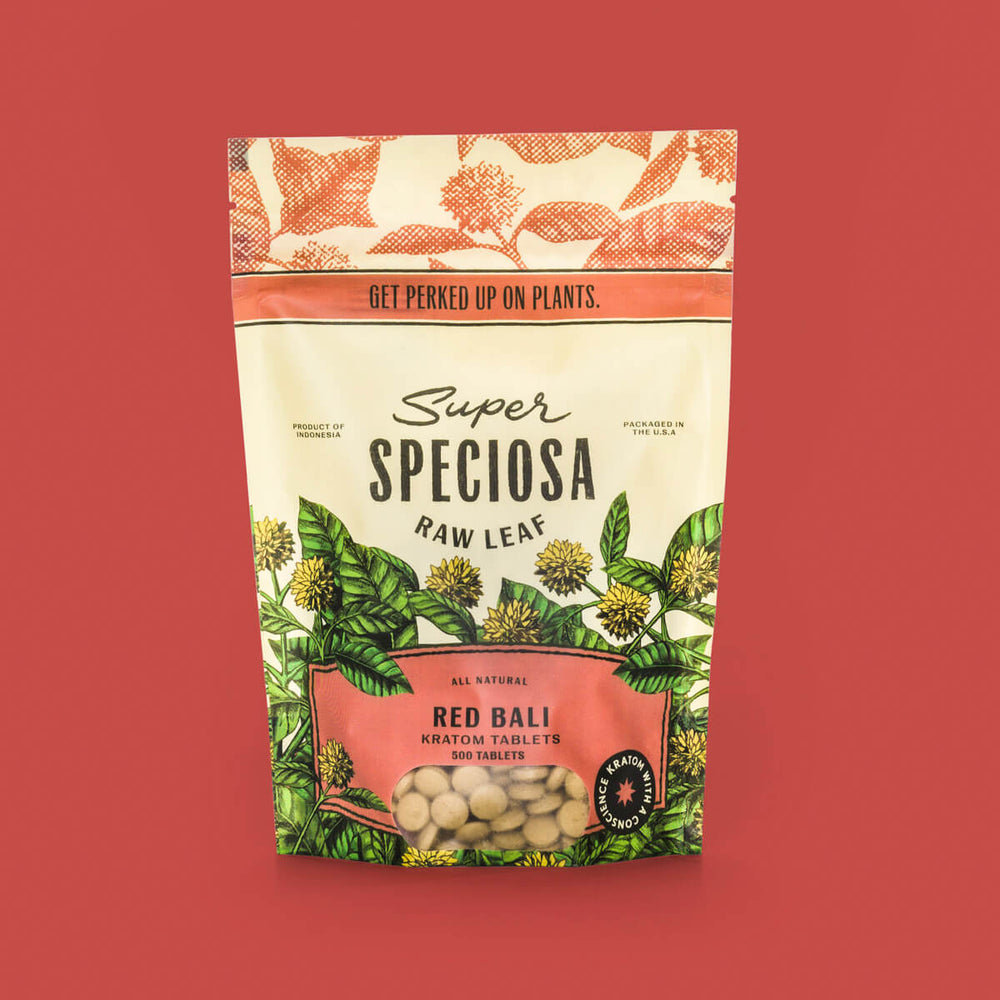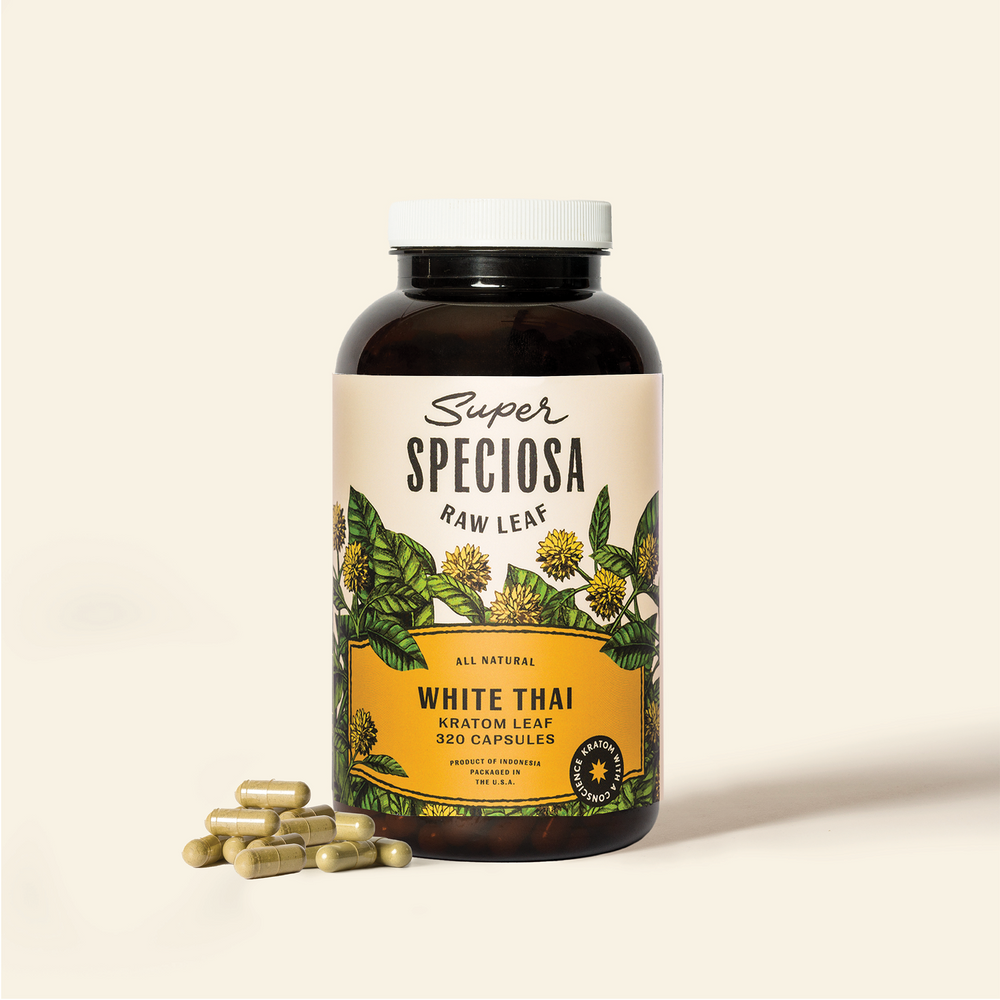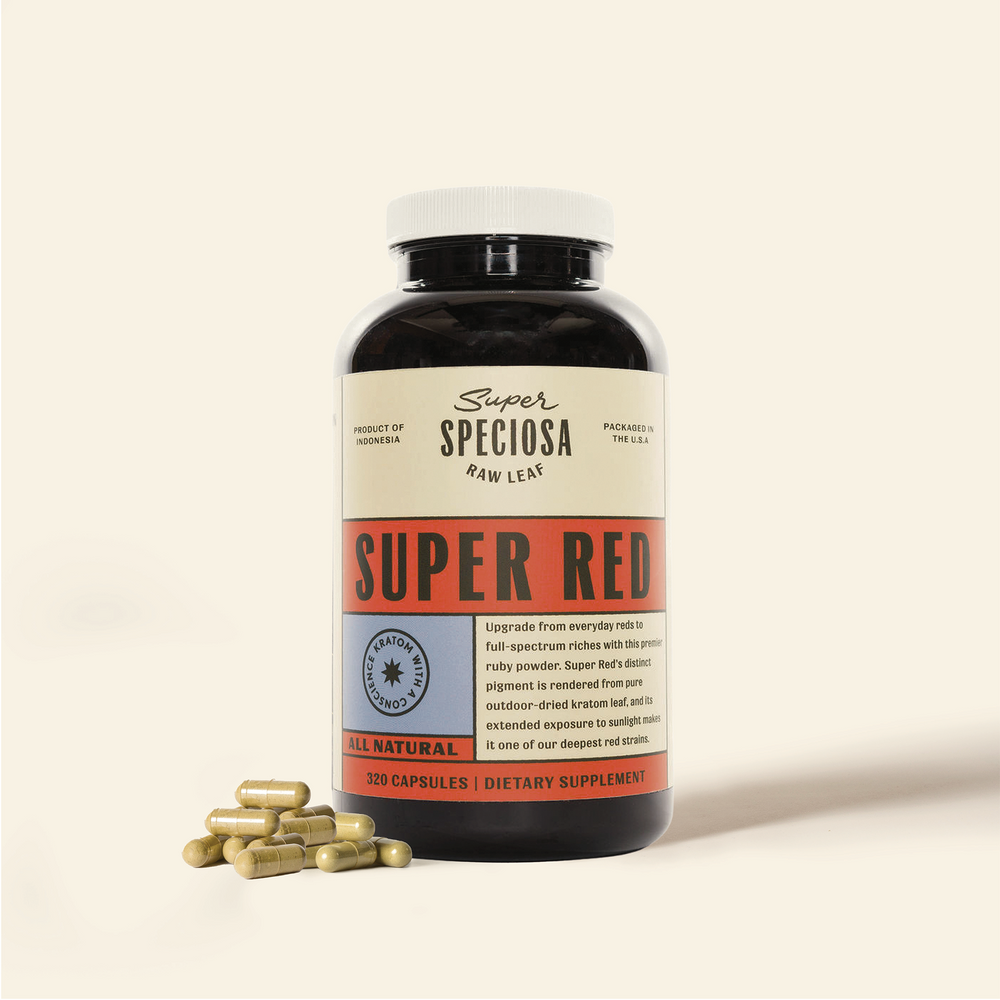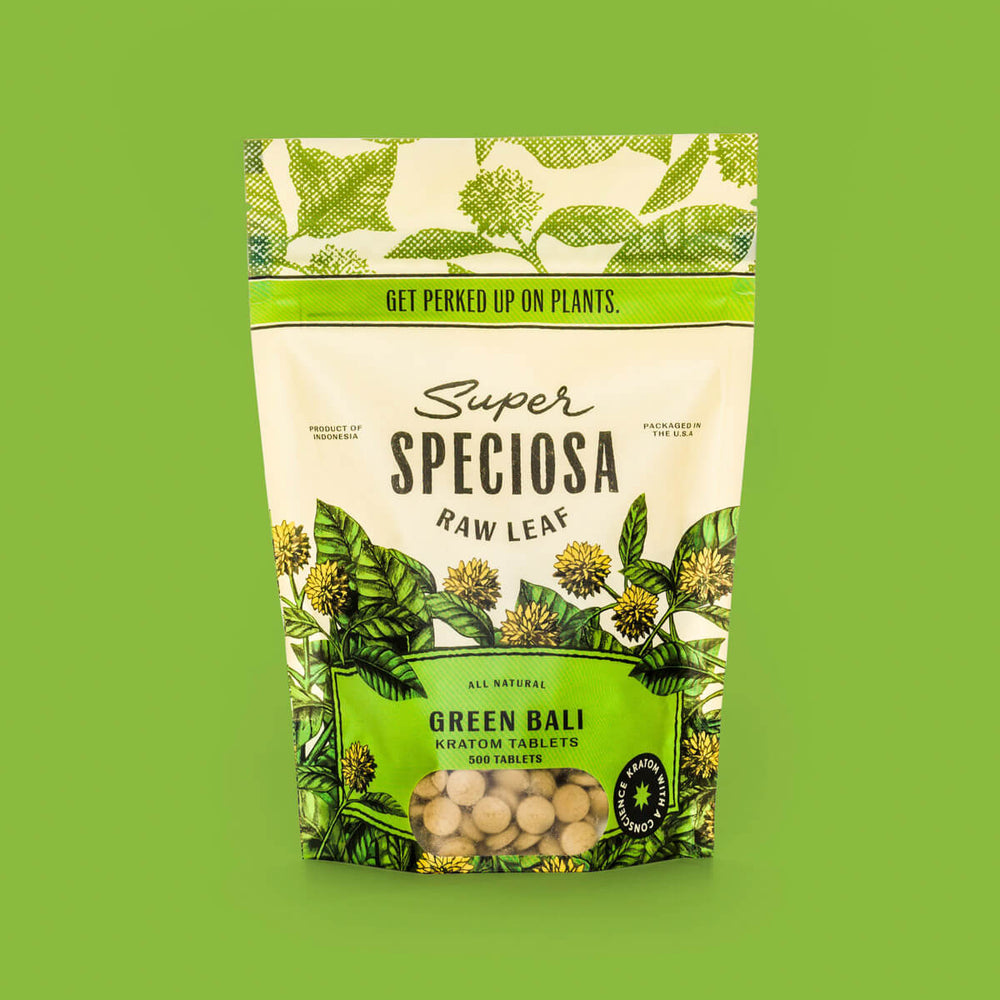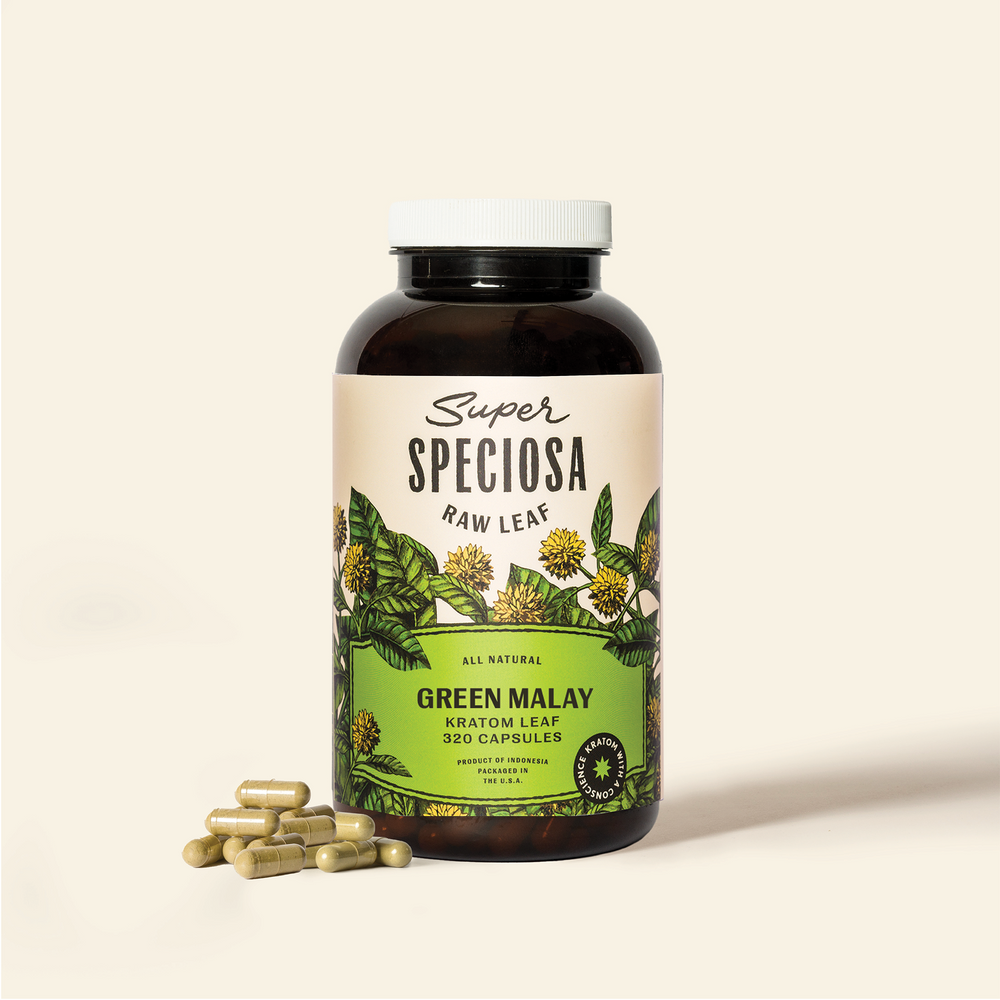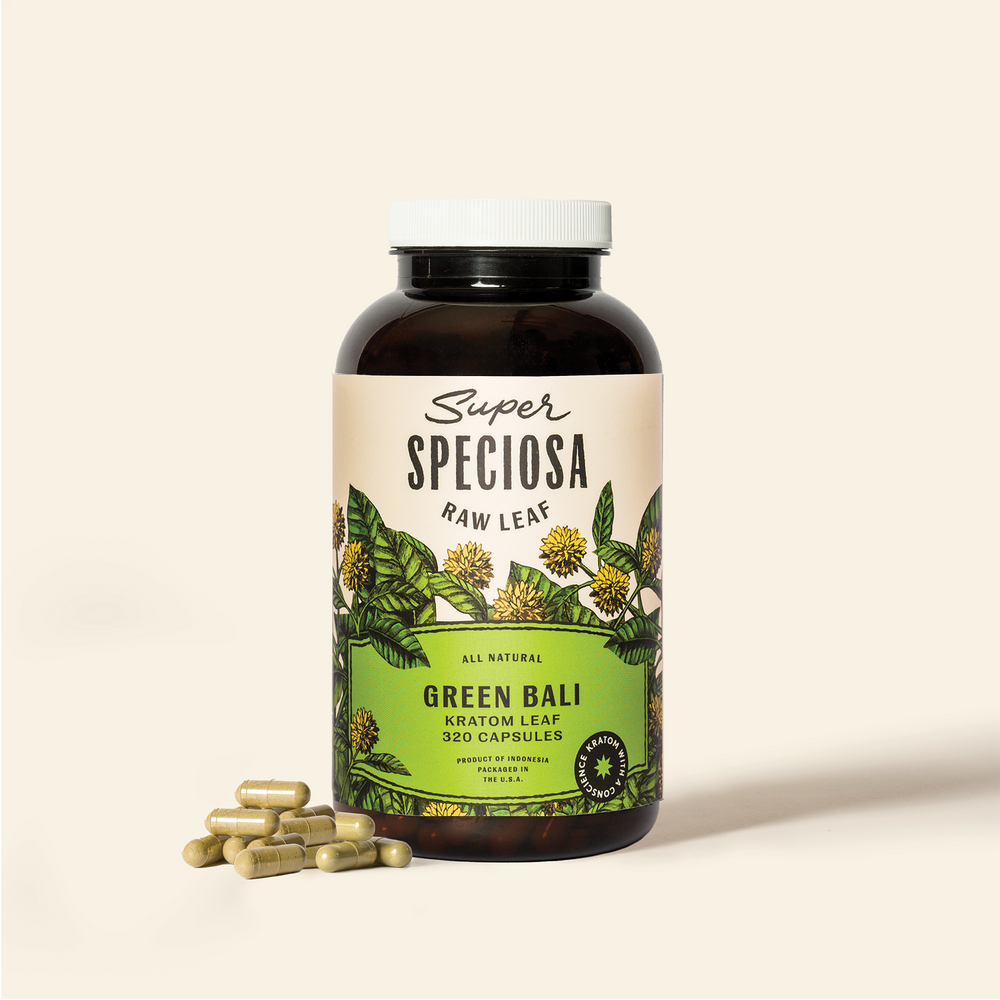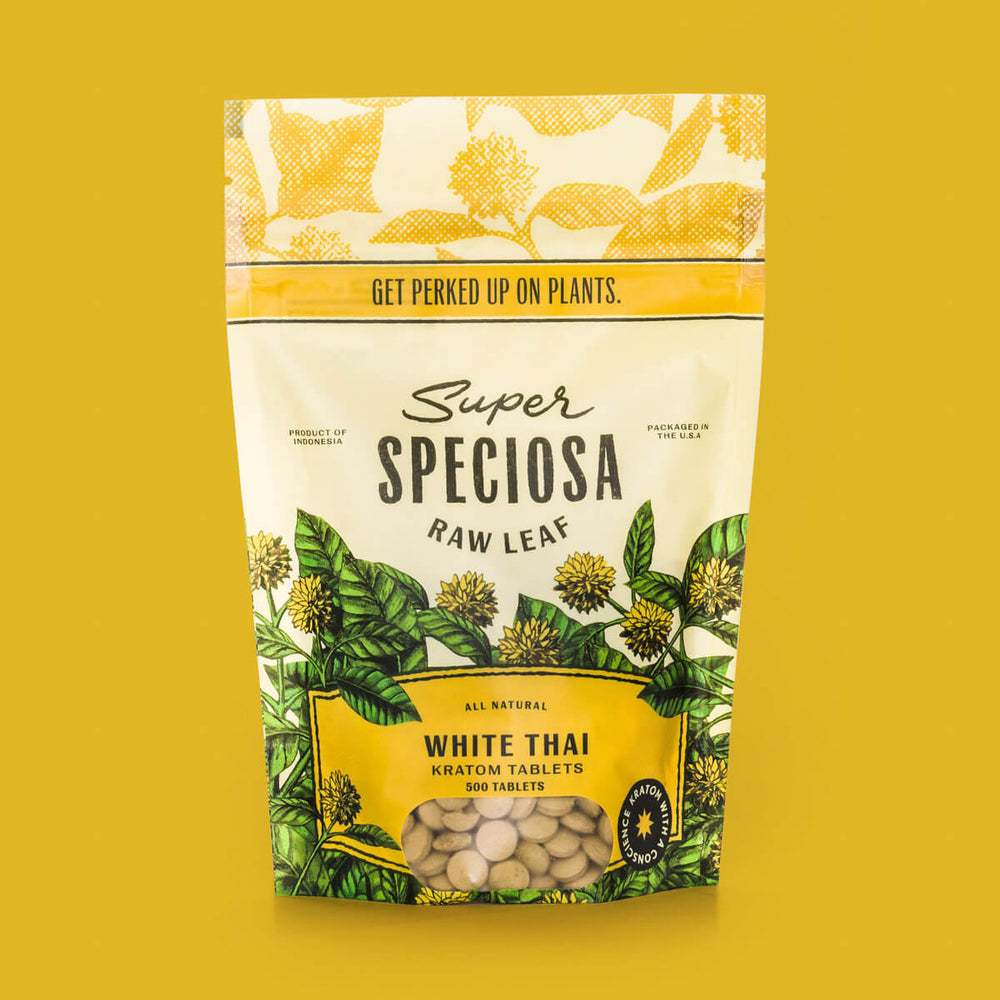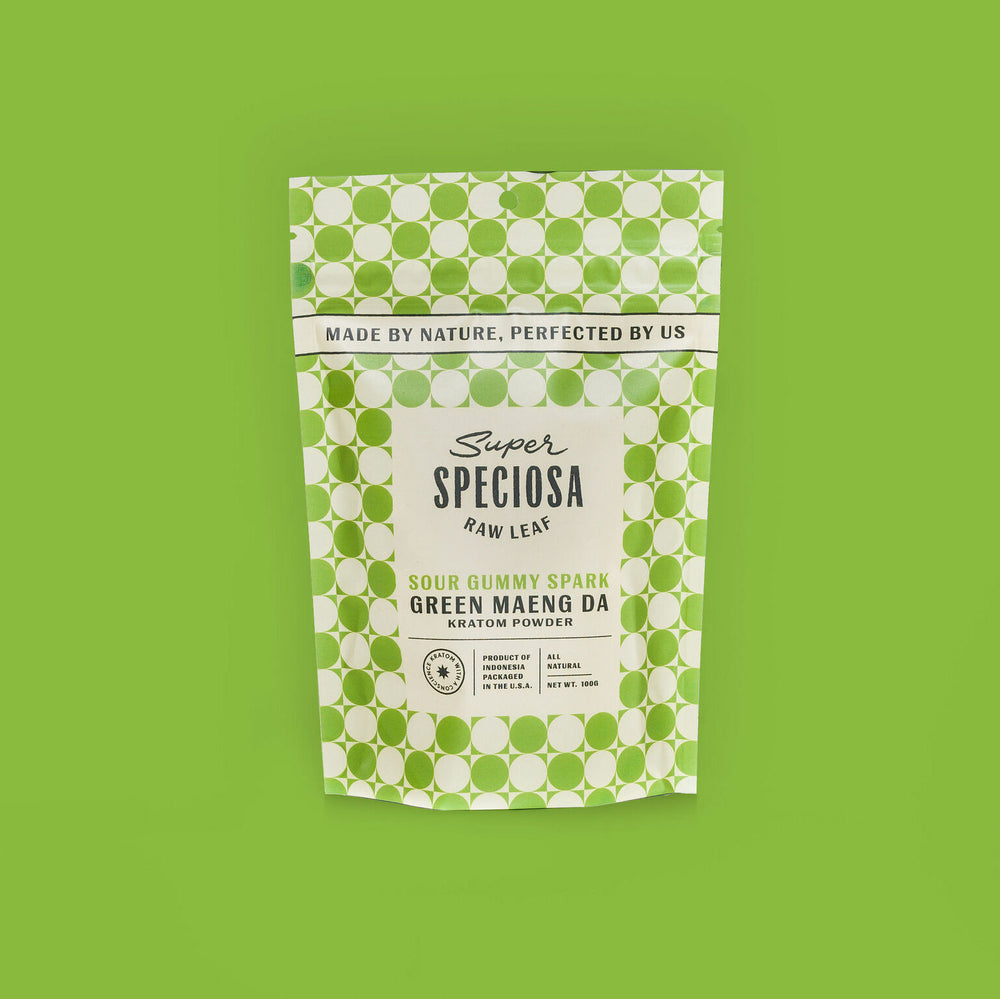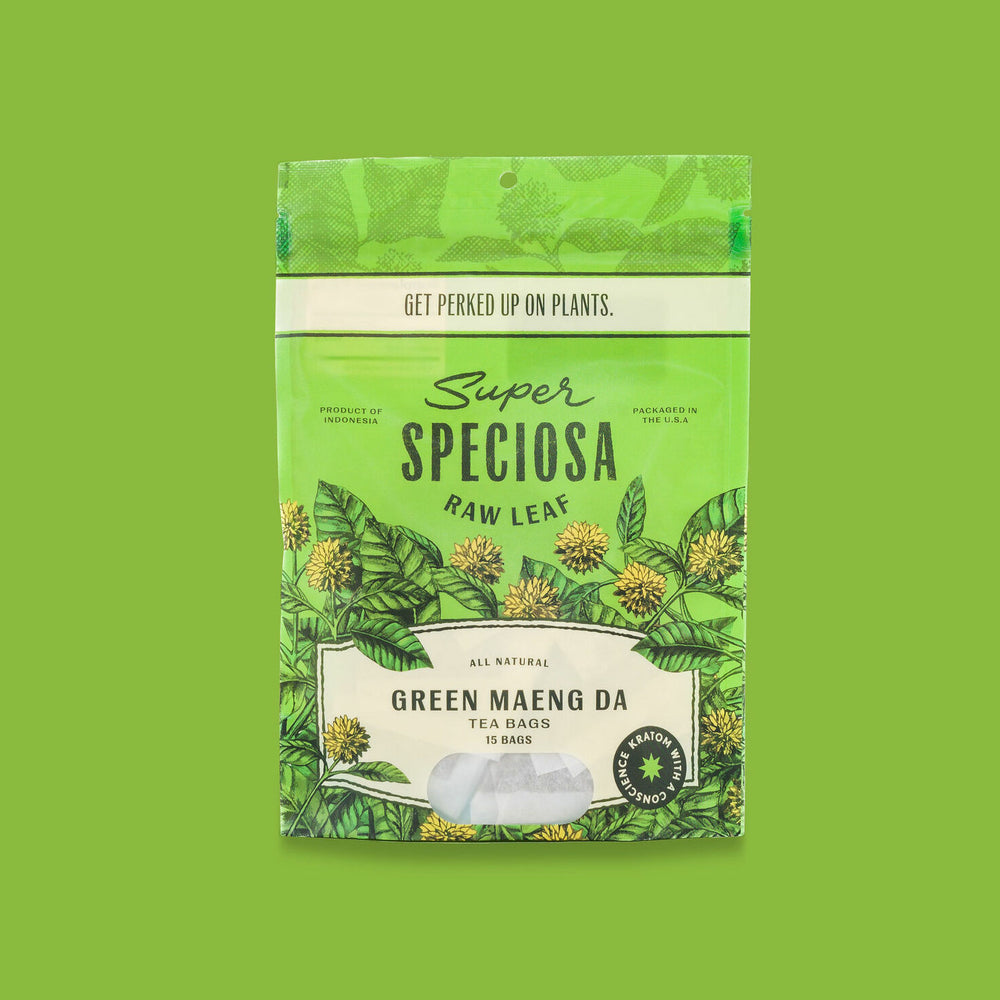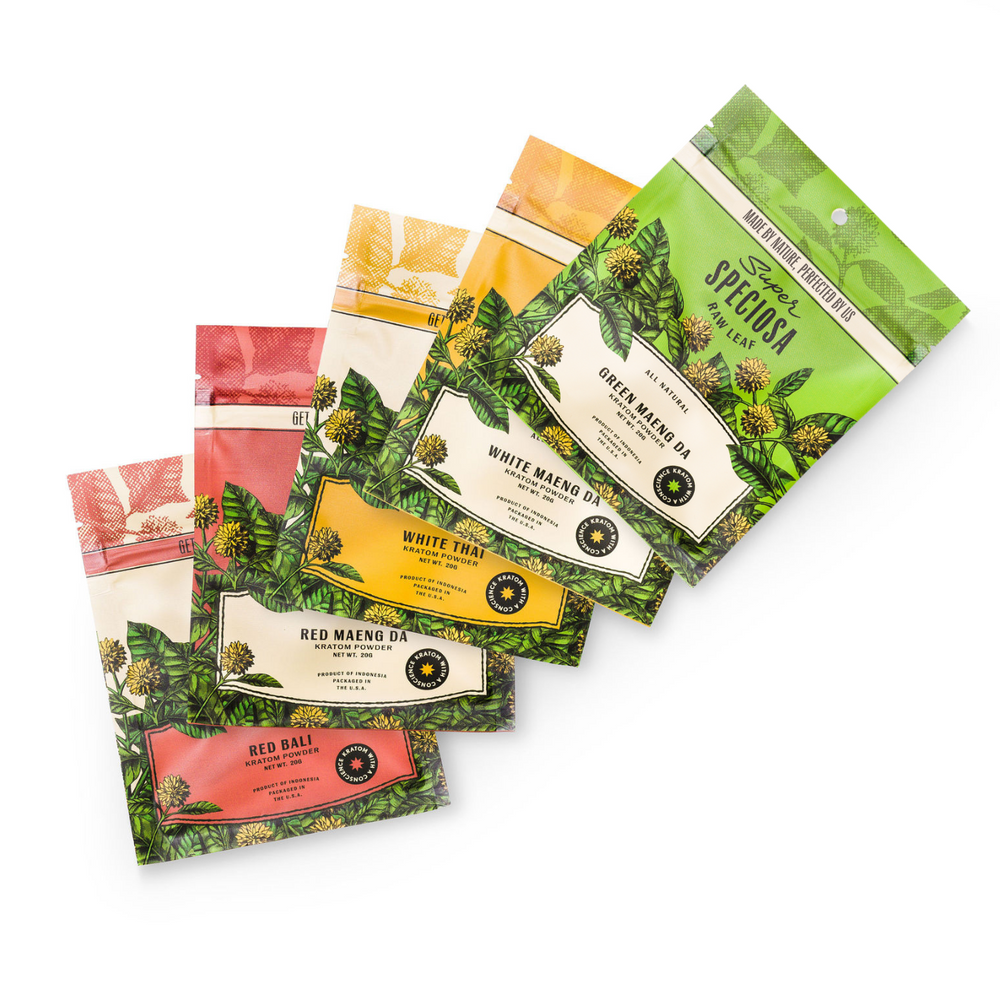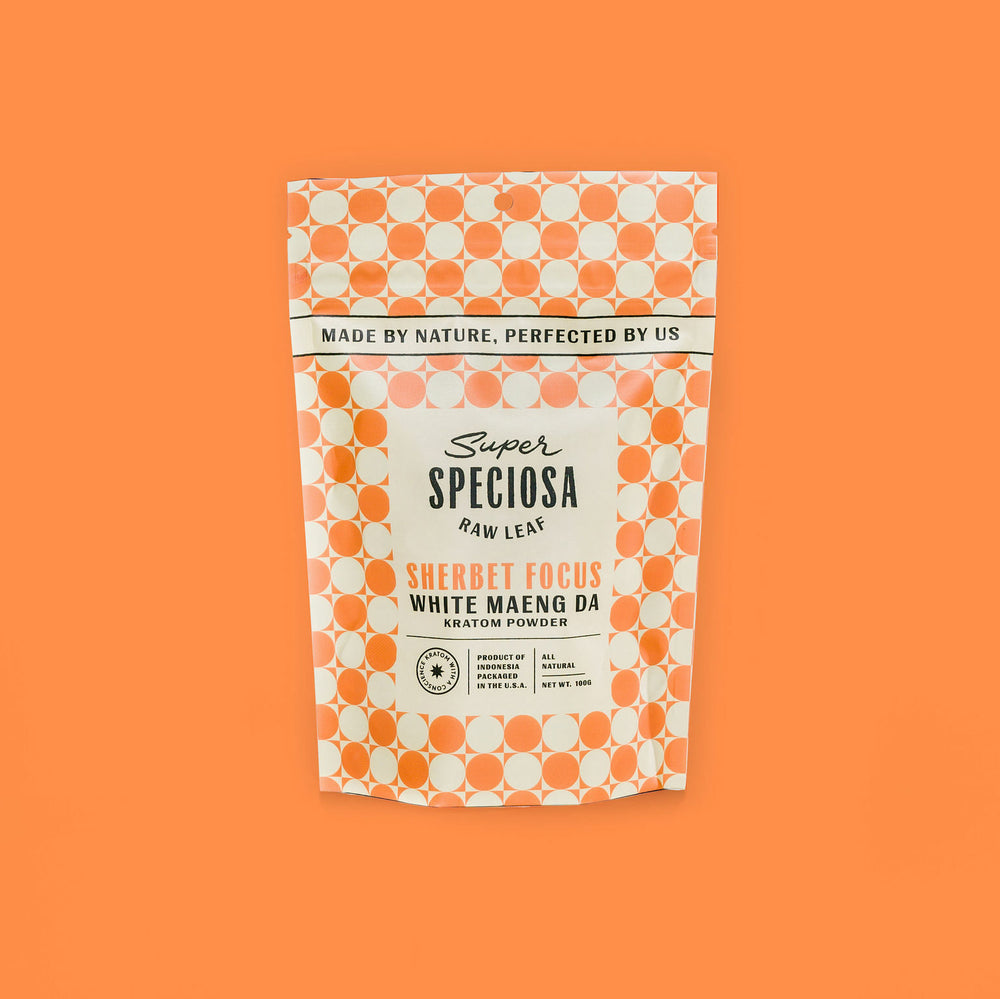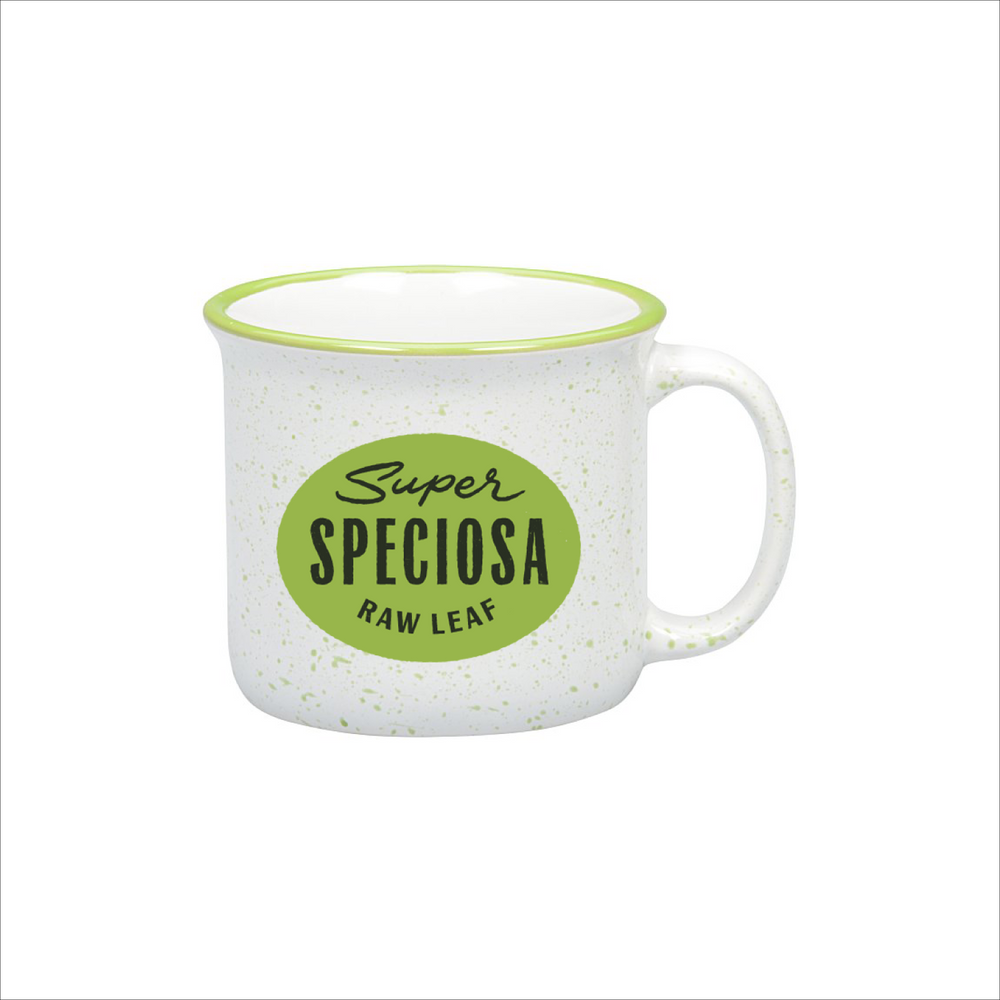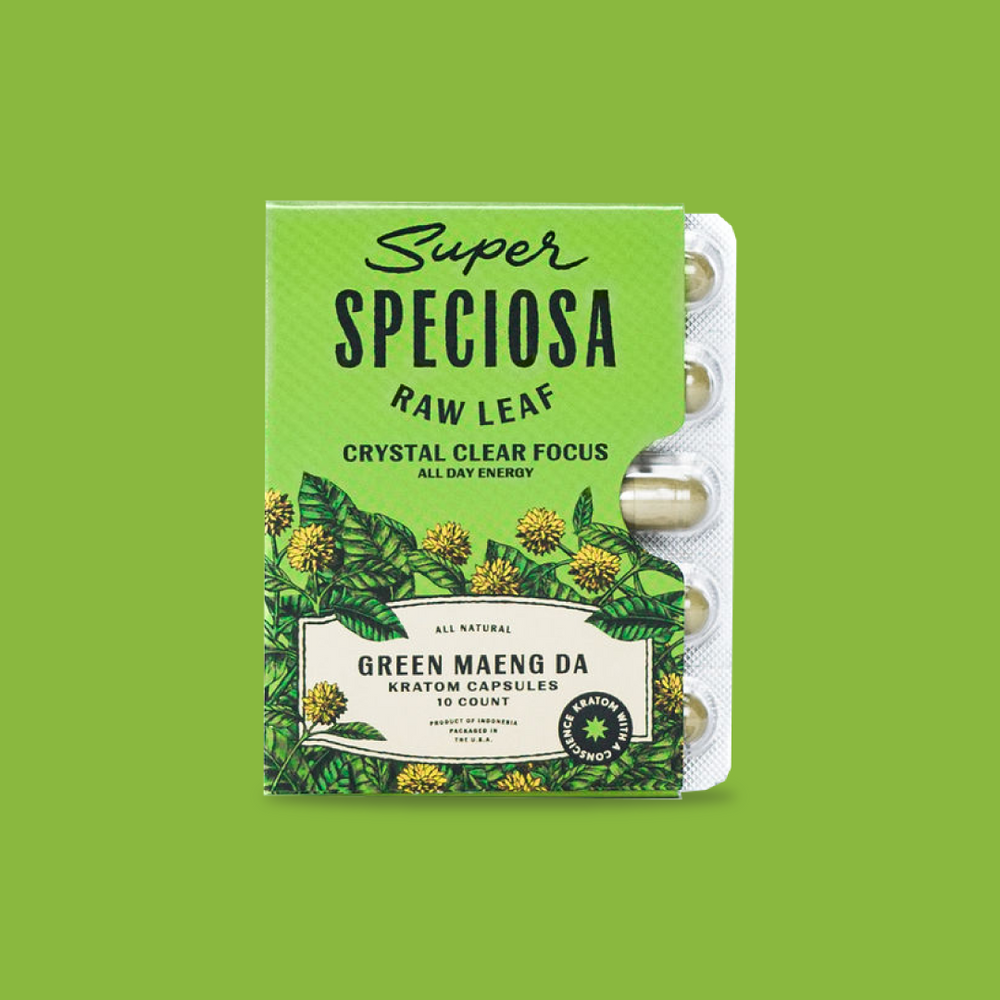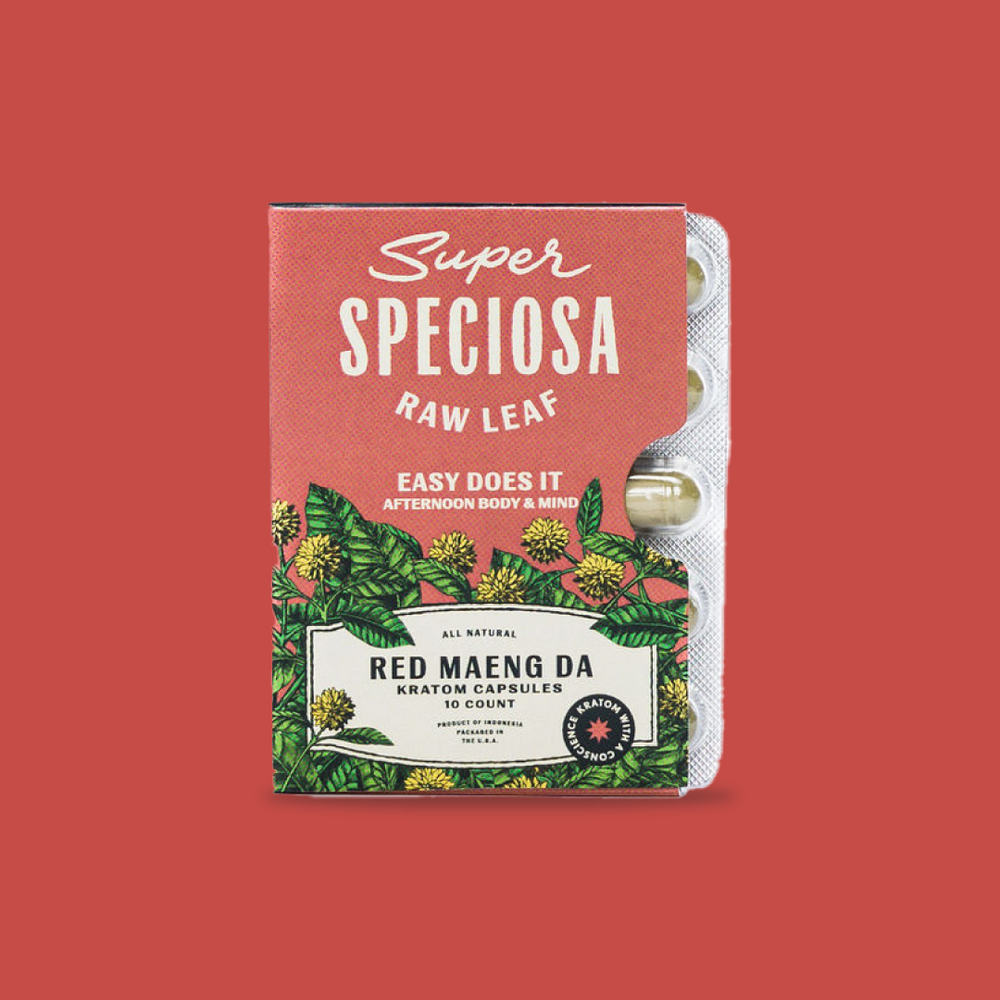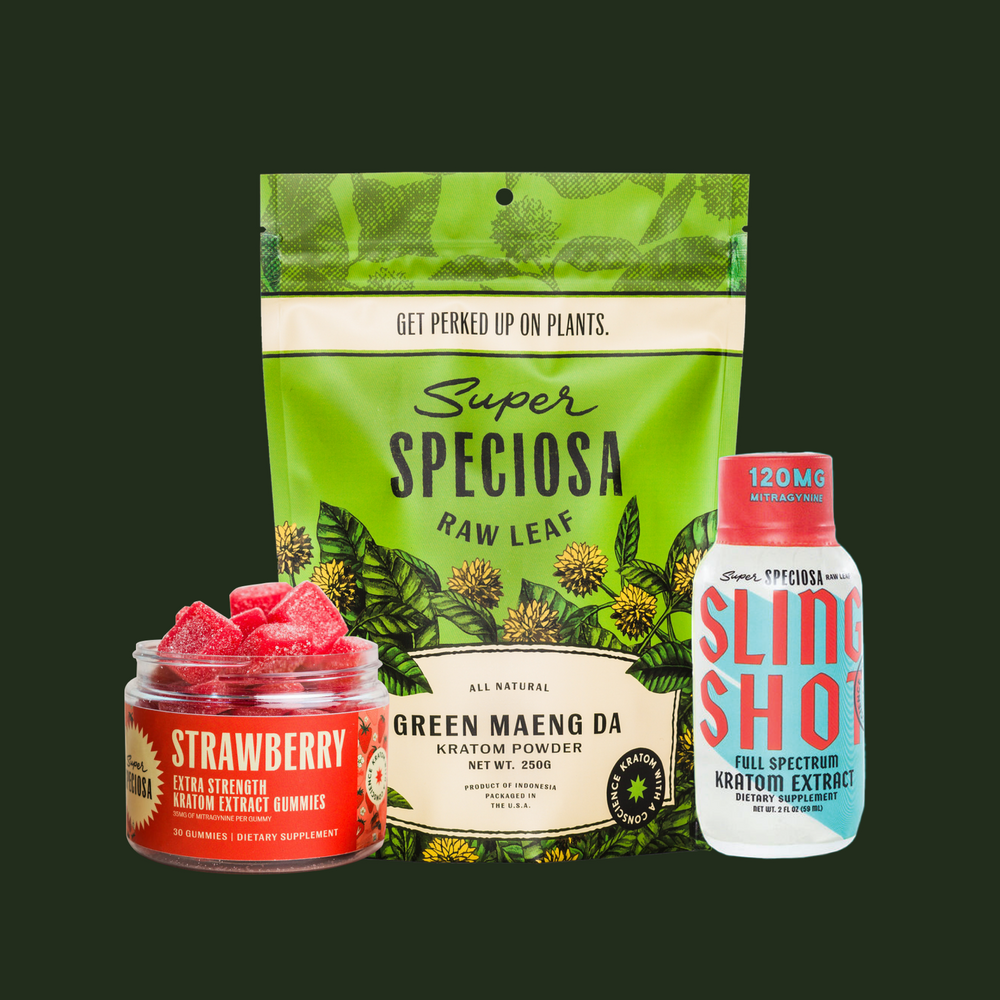Louisiana Aims To Protect Consumers Instead Of Kratom Ban
LOUISIANA AIMS TO PROTECT CONSUMERS INSTEAD OF KRATOM BAN

An attempt to ban kratom in Louisiana is on the verge of backfiring thanks to a late push from a competing bill and a compromise from the two sides.
What started as an effort to add the state to the shrinking number of states that have banned kratom could see Louisiana wind up as the latest state to pass a Kratom Consumer Protection Act. Should the legislation pass, Louisiana would become the 12th state to codify a KCPA, and could become the model for how science and reason can win out over unfounded fears.
“We feel strongly that regulating is the best route to go,” said state Rep. Jonathan Goudeau. “Some of the problems they’ve been having is that they’re lacing this stuff (with other drugs), so we’re going to package it, put an age limit on it, and put it behind the counter.”

What emerged out of committee is HB655, a bill sponsored by Goudeau that represents a compromise between his original effort and the attempt to schedule kratom at the state level. That bill, essentially a ban on kratom, was proposed by Rep. Clay Firment, and actually made it out of committee first.
Despite that, the attempt to ban kratom was ‘Returned to the Calendar’ before its third and final reading with no sign of a willingness to push for its return to the bills being actively considered.
That left Goudeau’s bill on the table, who met with Firment before the bill was considered by the Health and Welfare Committee. The two came to common ground on matters surrounding testing and access to kratom products, which led to Goudeau submitting a substitute bill that included some of the language that was discussed in his meeting with Firment.
Testifying in support of the substitute bill was Mac Haddow, a representative from the American Kratom Association.
This time as a witness on behalf of the sponsored legislation, Haddow had more time to provide testimony and scientific backing for regulation instead of prohibition. Haddow repeated the same refrain from his testimony at the first hearing, albeit with more detail and at a slower pace: the only danger from kratom lies in adulterated products, or products without clear labels of what is in the product and what dosage a consumer should expect.
With an extended window to testify, Haddow also displayed kratom products with no labeling or information, packaged in gummy form. It’s those types of products, manufactured by “creative entrepreneurs who spike their products” with illicit drugs and other controlled substances that give kratom a reputation that is not backed by science.
“Any other product that will create an effect that the natural kratom plant does not provide. That’s why you will hear stories of people who say ‘Oh, well I got high off of kratom,’” Haddow said.
“They got high off of an adulterated product, because the pharmacologic action is documented by the scientists who evaluate it,” he said. “All of the claims by the FDA indicate it doesn’t hit (receptors in the brain) the same way as classic opioids. It doesn’t give you that euphoric, reinforcing high that leads to dangerous addiction, and it doesn’t go to the respiratory system.”
At the first hearing in Louisiana, multiple residents of the state spoke to loved ones who had died after using kratom products. Haddow acknowledged this and told the committee that the science behind those situations does not implicate kratom alone as a likely cause. Any death is tragic, he said, but information and actions taken by federal agencies do not indicate that kratom alone is a threat for overdose or death.
Questions for Goudeau and Haddow ranged from price and where kratom can be bought, One of the more impactful moments came when a representative asked a question about the Mayo Clinic’s page on kratom, which contradicts some of what Haddow testified to.

This has come up in the discourse in multiple states this year, in large part thanks to the clinic’s prominence when you search for kratom on Google. Lawmakers in Georgia also referenced Mayo’s position on kratom in their attempts to limit access after admitting to blindly searching the topic.
Haddow was eager to respond as a slight grin spread to Goudeau’s face.
“The Mayo Clinic adopted the FDA’s position and has not amended that since 2016,” Haddow said. “Since then, there have been more than 100 new studies that have been peer-reviewed and published that contradict that position.”
“Mayo Clinic has not done one bit of independent research, they have simply restated what the FDA has said, and the FDA’s position.”
The bill passed out of committee by a vote of 12-4 last week, which moved the legislation to its third reading, the final vote before it passes out of the House. From there, it would need to make it through the process all over again in the Senate before being sent to the governor’s desk.
It’s still a long road ahead for kratom protections to be codified in a state that started by trying to schedule the substance. That doesn’t mean there isn’t clear progress: Louisiana’s House of Representatives considered the merits, tabled a proposed ban, and now sits one vote away from passing its own version of a KCPA.
For more information on how you can help get the KCPA passed in Louisiana, visit www.protectkratom.org/louisiana.
